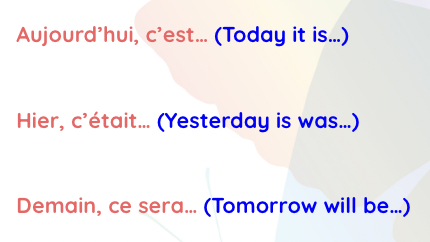We are delighted to have camps in May running Tuesday 28th May – Friday 31st May. https://www.eventbrite.co.uk/e/carcroft-fusion-camp-may-2024-tickets-886076828647
Category : Personal Development
Personal Development
Crew Mcloughlin – Music
Today, we finished our work on ‘Twinkle Variations’. We began by recapping what we had previously discussed around variations and how they can be altered through tempo, rhythm and pitch. We were introduced to passacaglia, which is a repeating bassline and composers often use passacaglia as the basis for their variations. Working with a partner, we chose a short section of ‘Twinkle, twinkle, little star’ to use as the bassline. We spent time perfecting this short section on the glockenspiel.

We then looked at how we could adapt it further. We started by changing the rhythm to make it sound like a happy, dancing passacaglia. We found this quite tricky as it required us to play at a faster tempo and required more notes.

We then looked at adapting the same section, only this time taking away the rhythm and slowing it down to create a more solemn passacaglia. This was easier in terms of the amount of notes, however, it required us to think more carefully about keeping in time and remembering to rest between notes.

Once we had practised different passacaglia options, we split the class into 2 groups. One group played a passacaglia bassline whilst the other group layered an improvised piece. The group who were improvising were allowed to make their own decisions about what they wanted to play, however, they needed to consider fitting in with the bassline, playing at the same speed as the bassline, starting and stopping at the same time, and staying within the correct pitches.
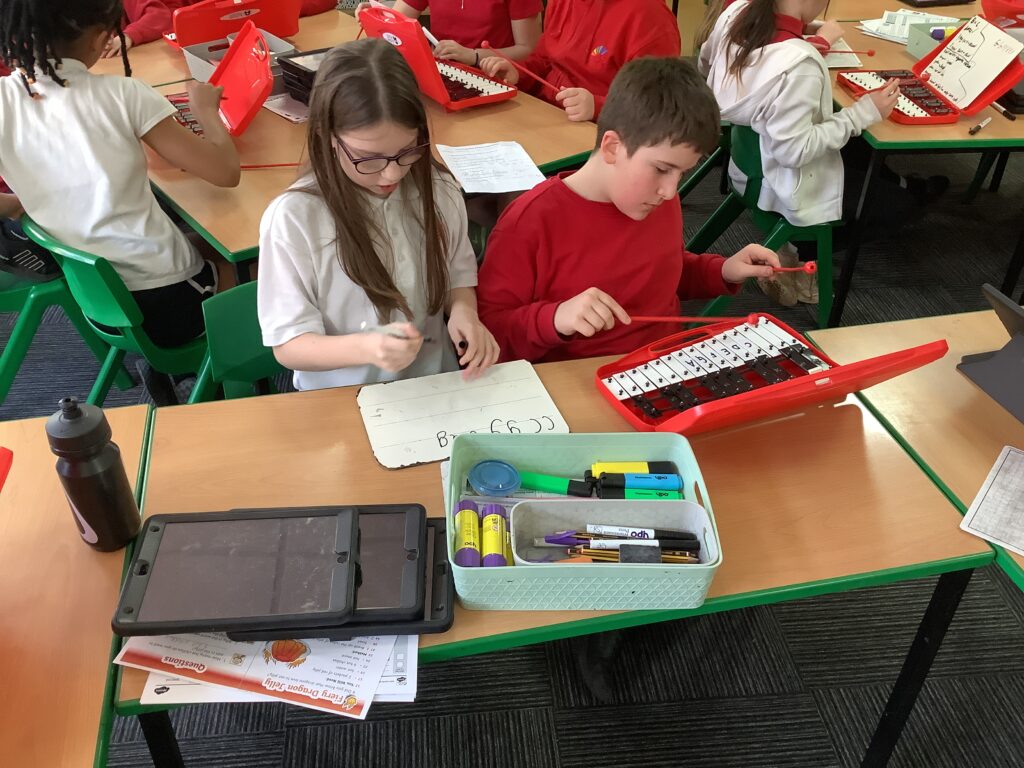
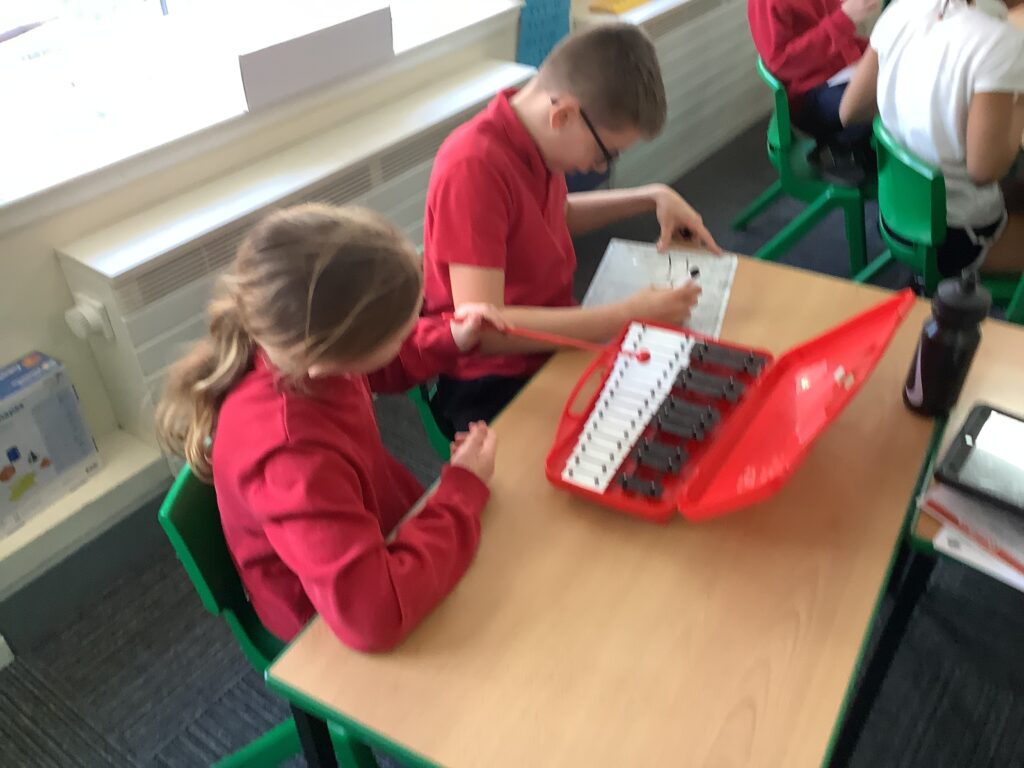
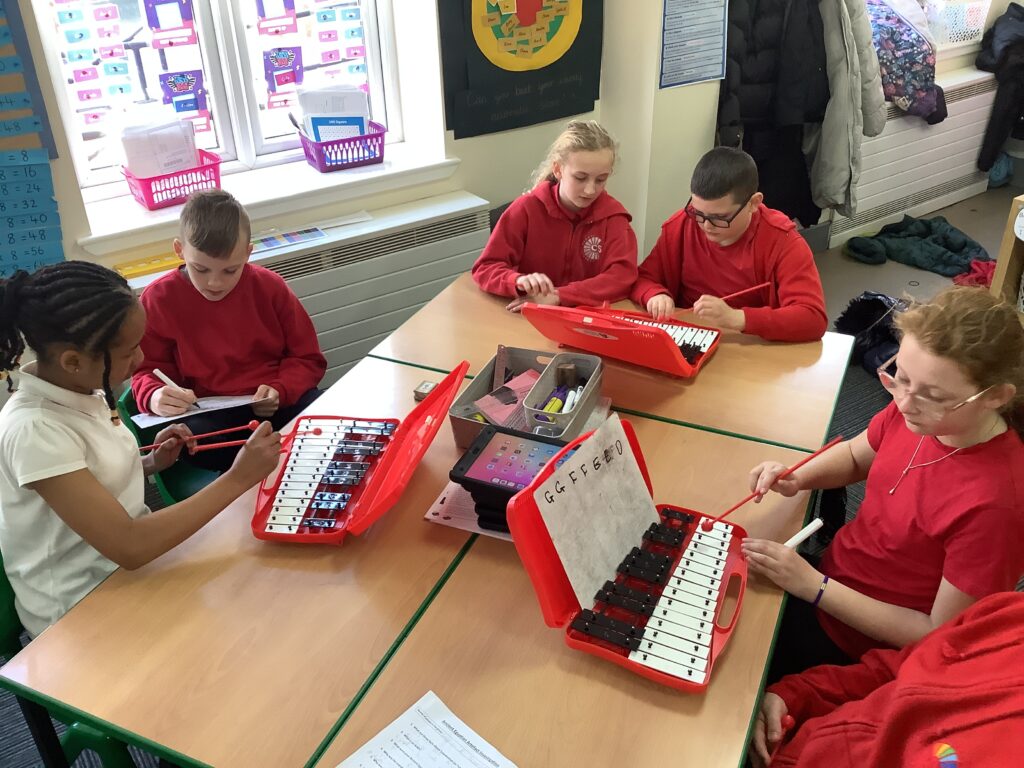
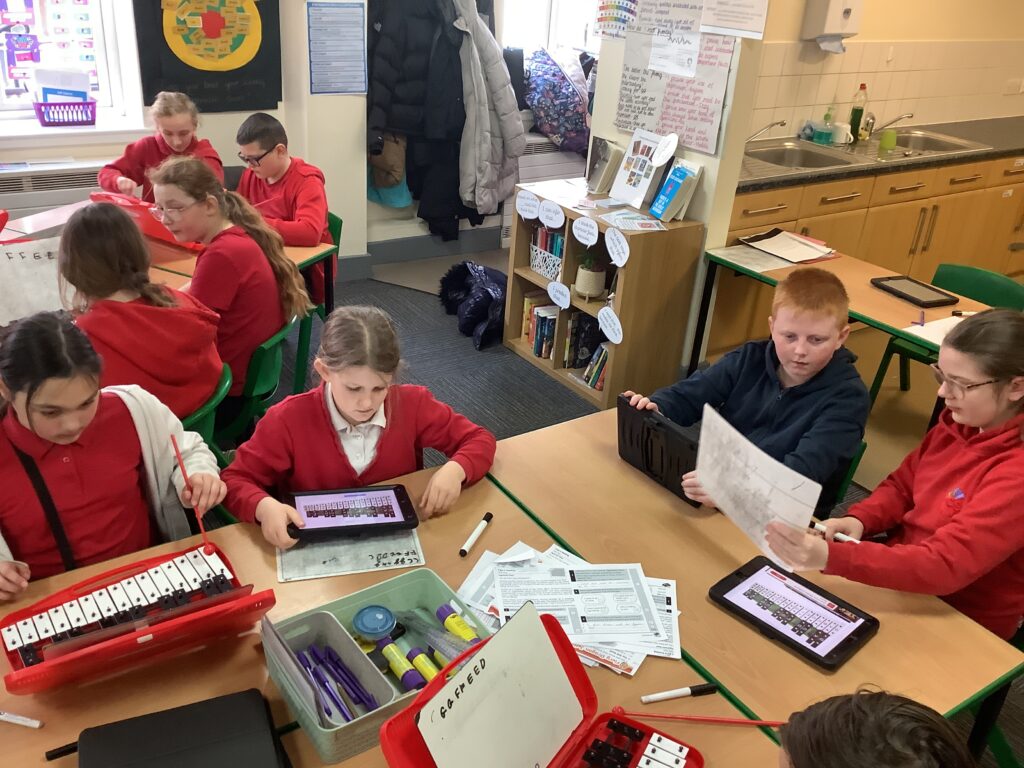
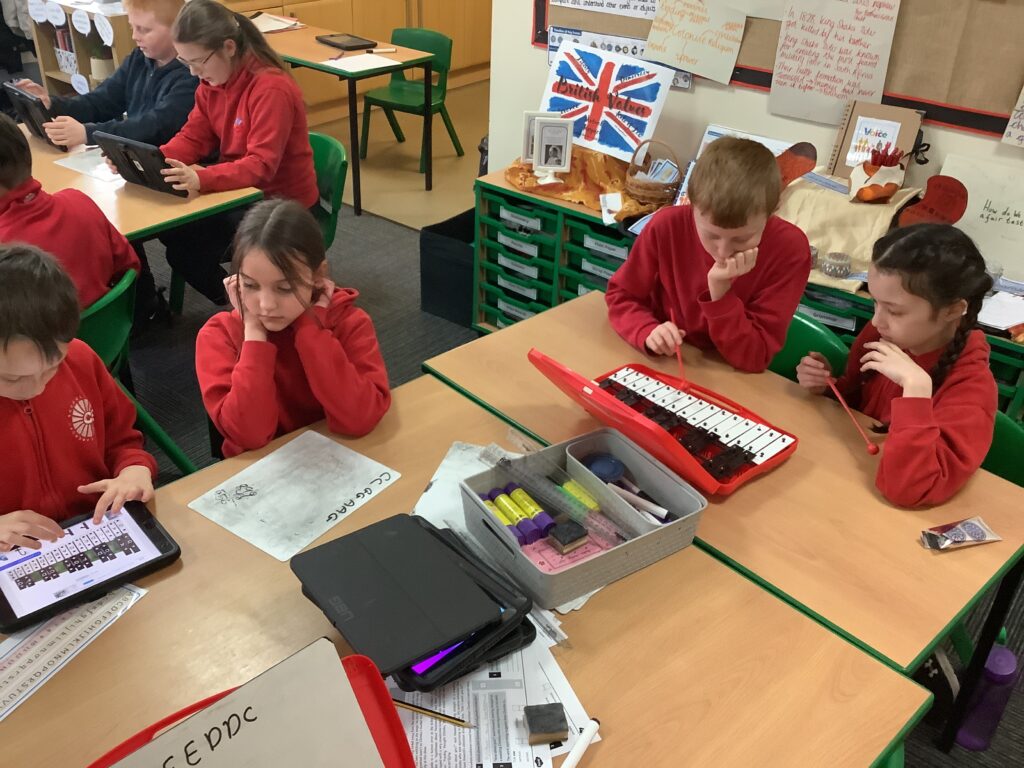
Scotties bootcamp
In Scotties today we had an exercise bootcamp! It was super hard work and he made us do some tricky exercises but we all persevered and completed it! We are excited for next week.
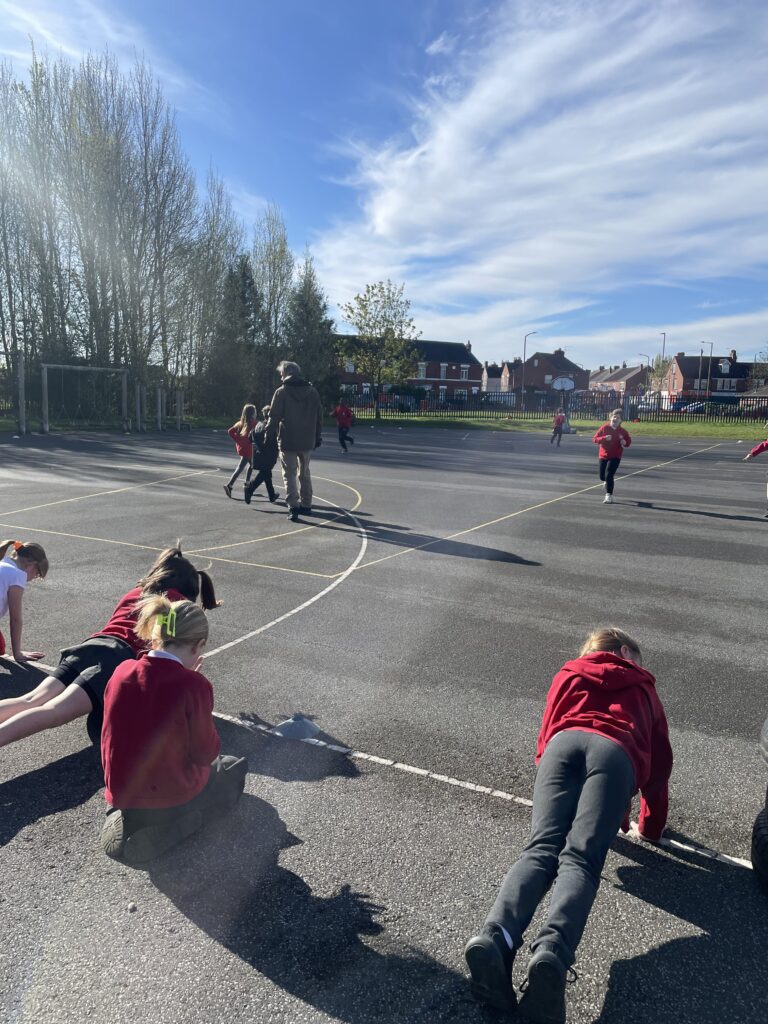
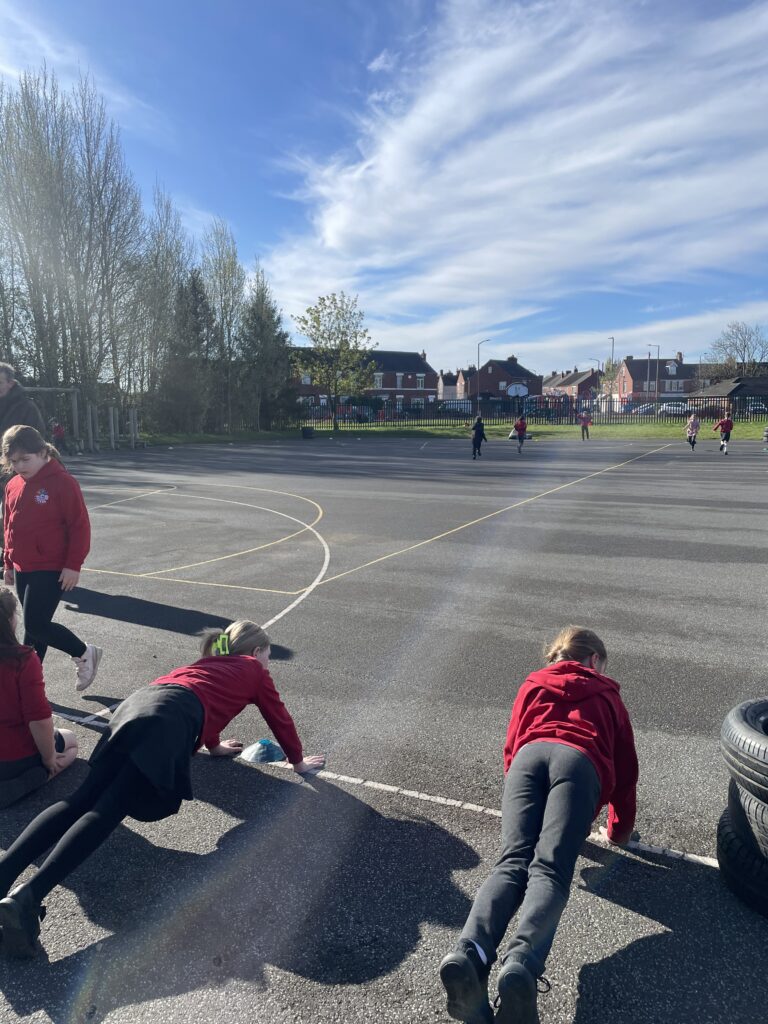

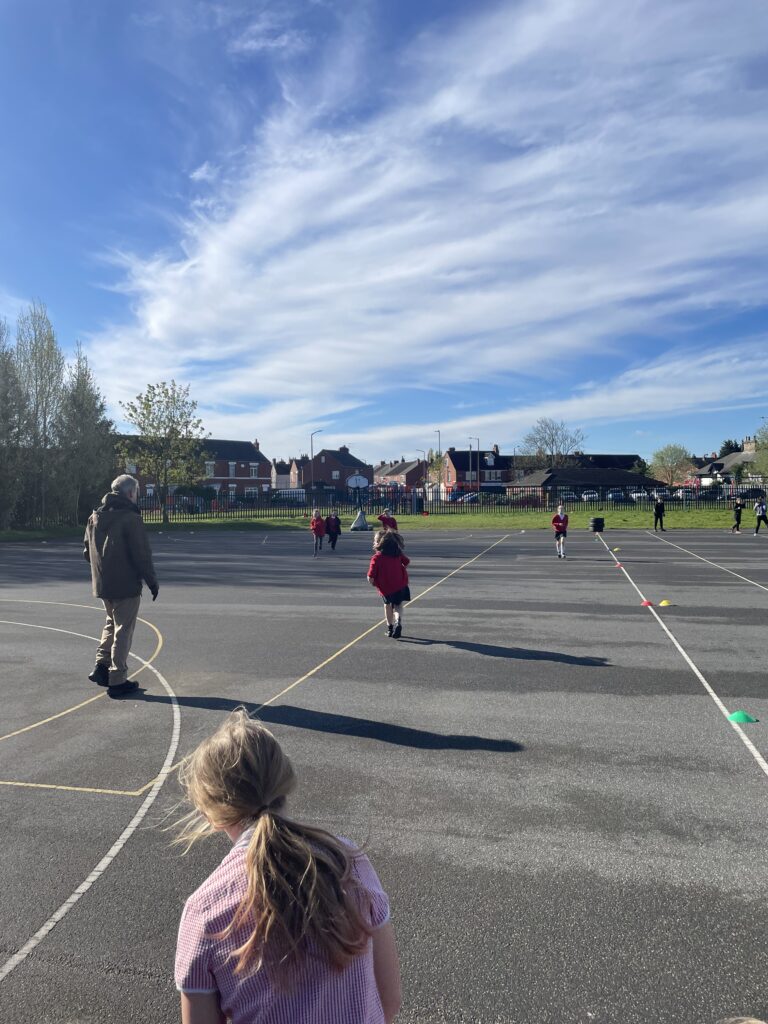
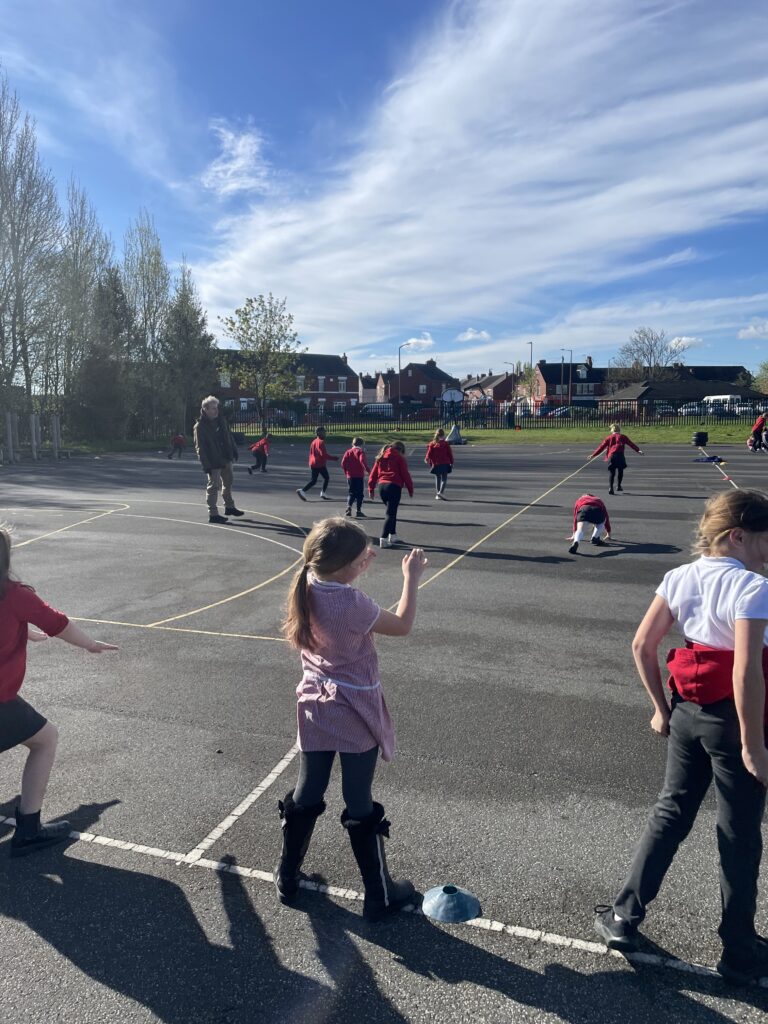
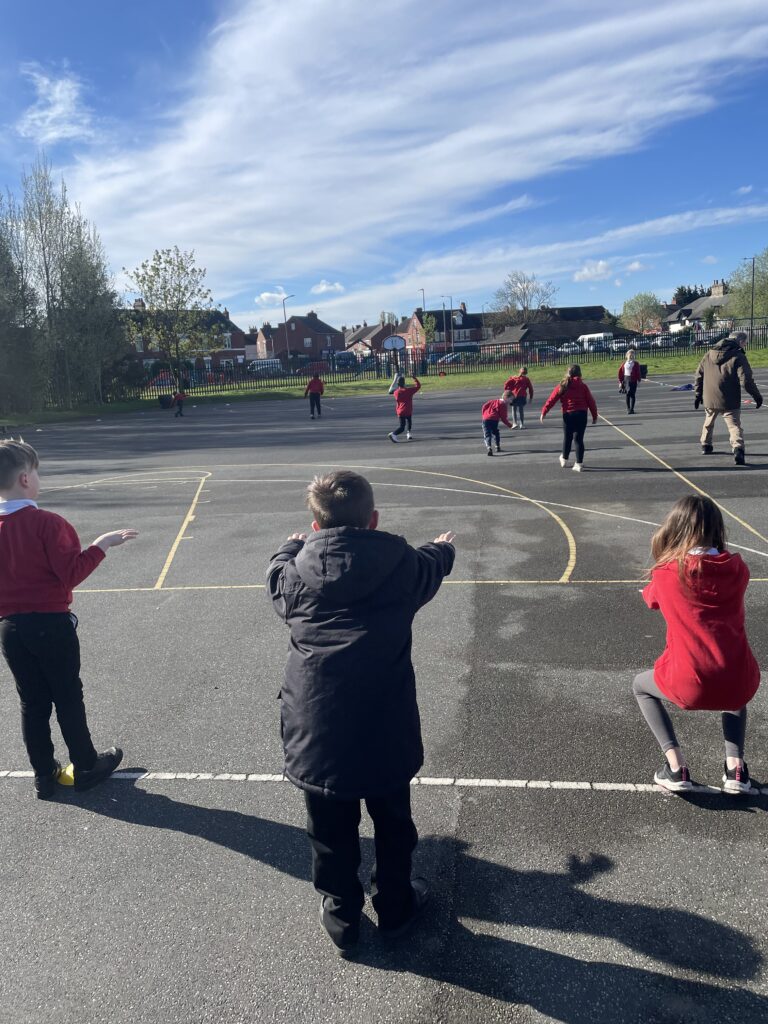
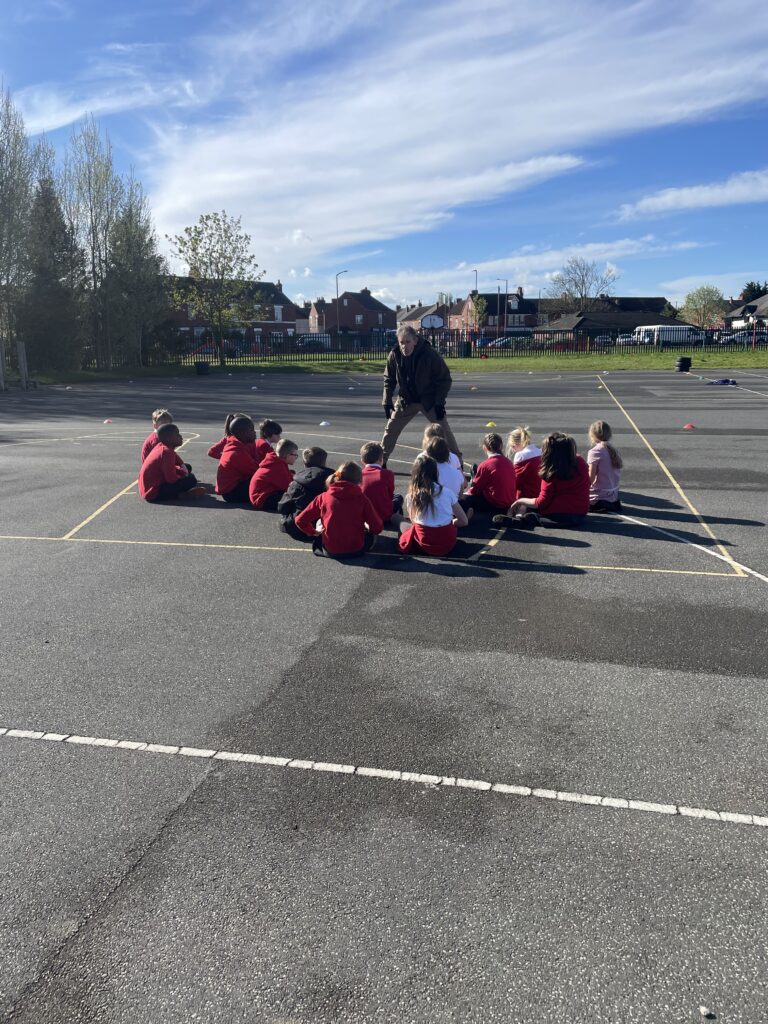
Crew Robson and Crew Godley – Music
We finished our unit on ‘Trains’ by layering up different rhythm notations to create a whole class piece of music that represented the movement of a train. We split into 3 groups, drums, shakers and guiros. Each instrument represented a different rhythm notation and we practised our individual rhythms before playing at the same time and creating a layered piece.
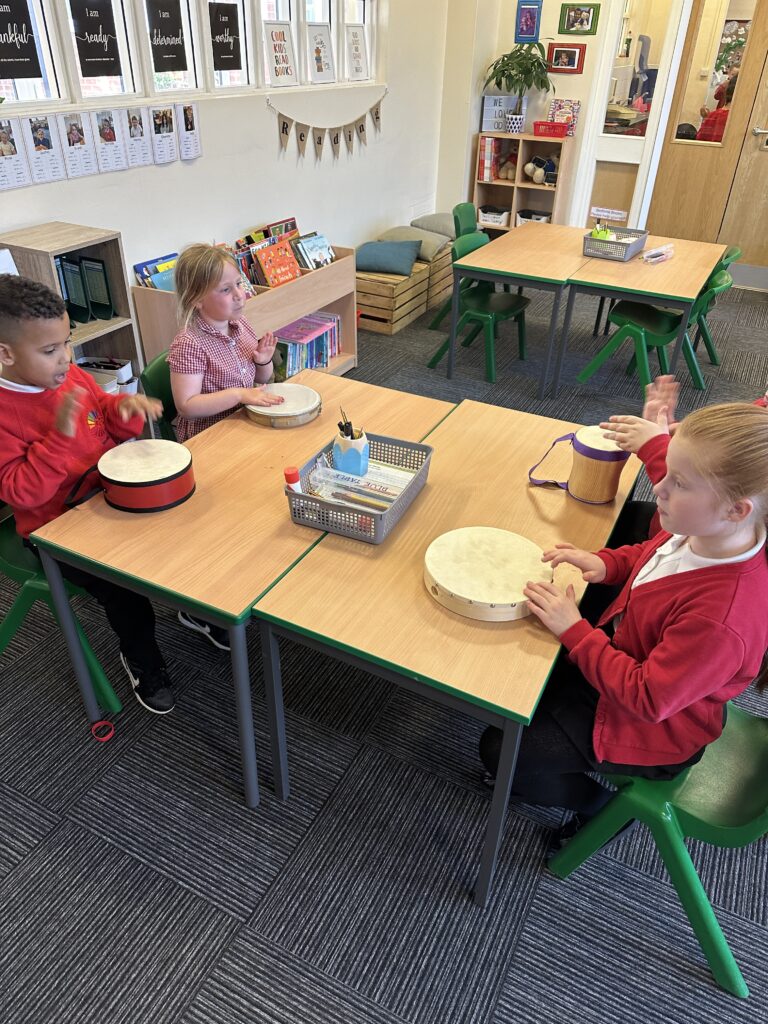
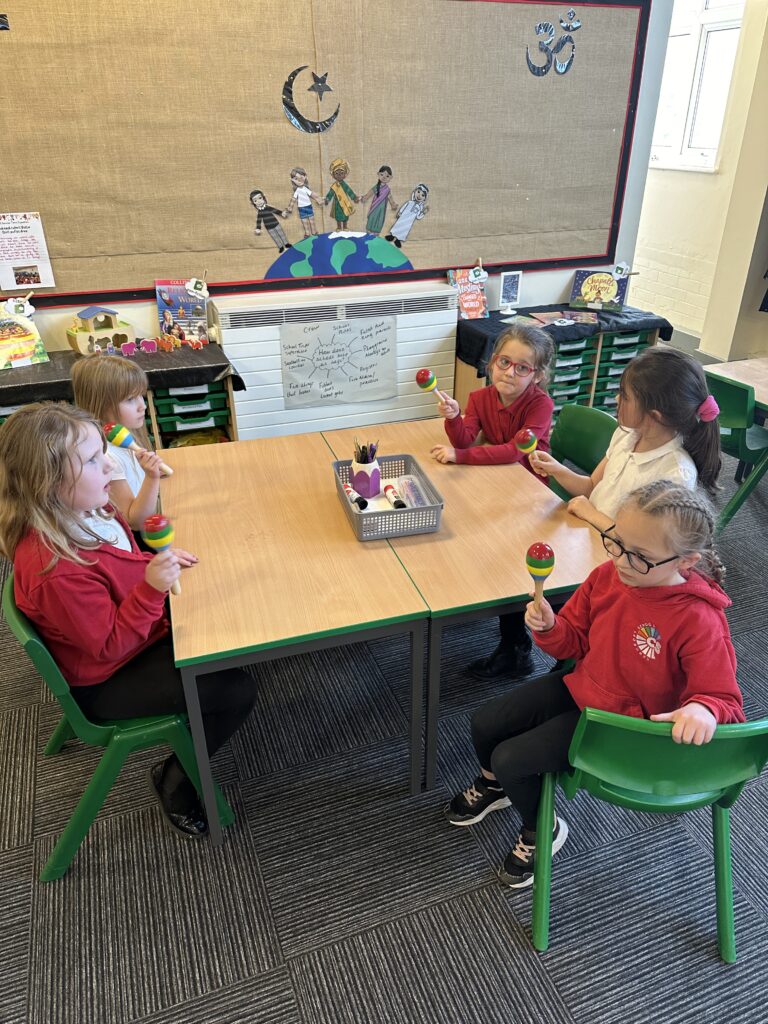
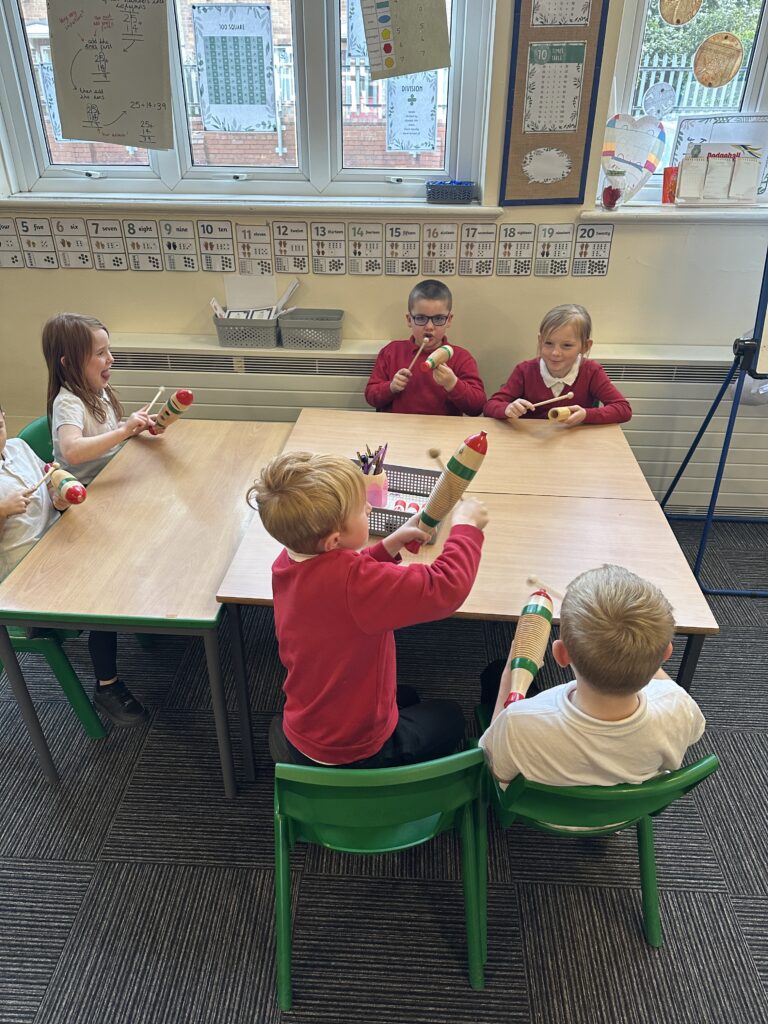
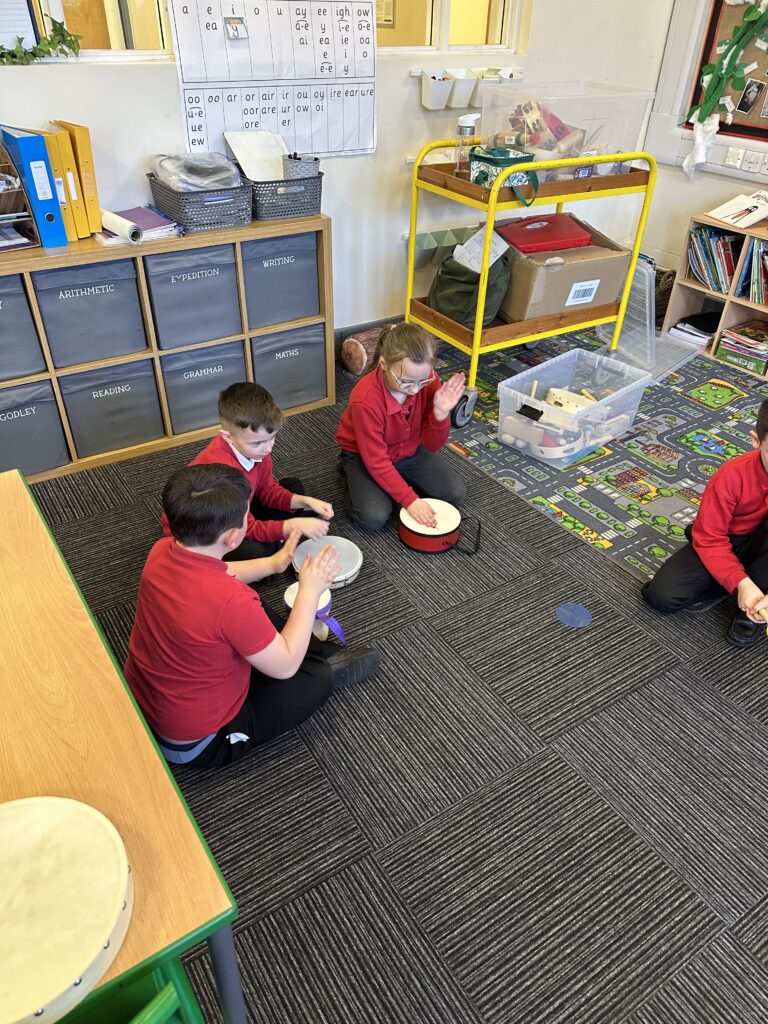
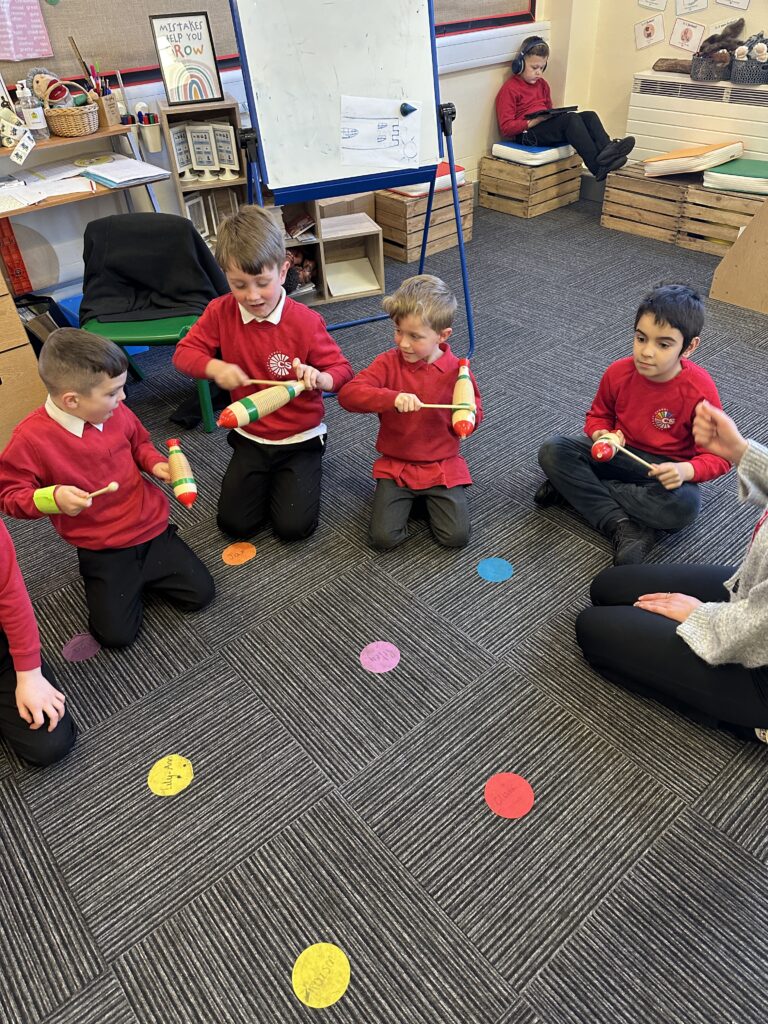
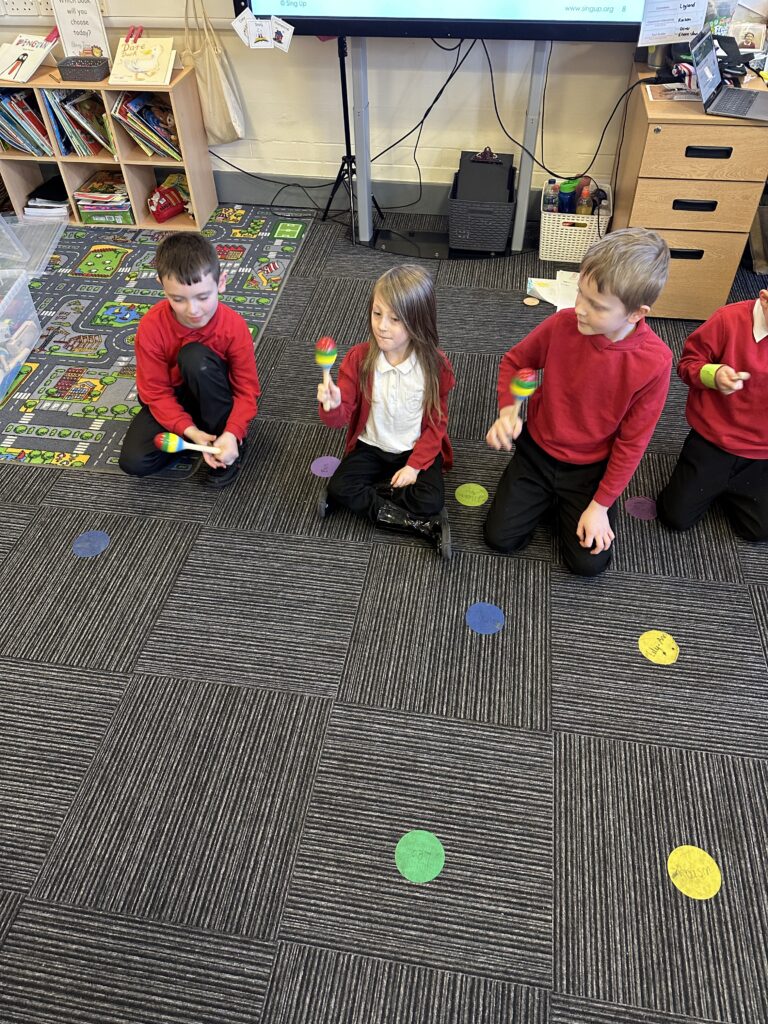
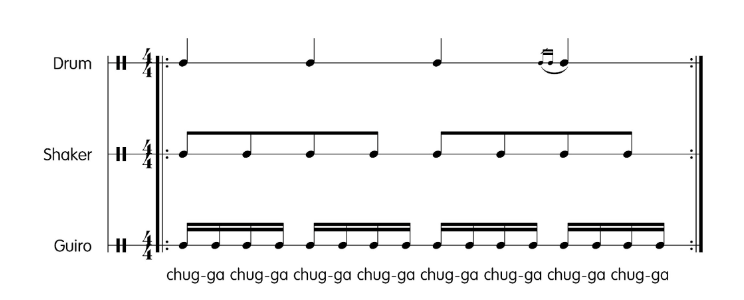
Crew Marsh – Music
We finished our unit on ‘Musical Conversations’ by creating whole class written notations to allow us to work in small groups using untuned percussion instruments to perfect a musical conversation. We worked really hard to ensure that everyone had a role, we even made amendments to the notations for those groups that had more/less children in them.
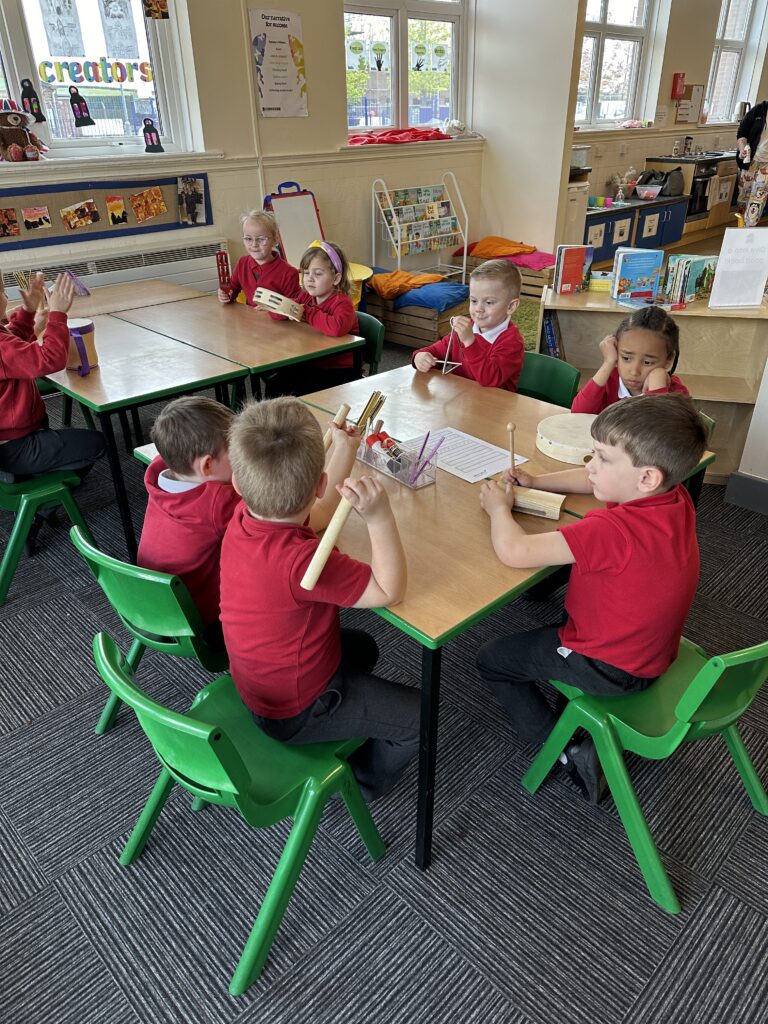
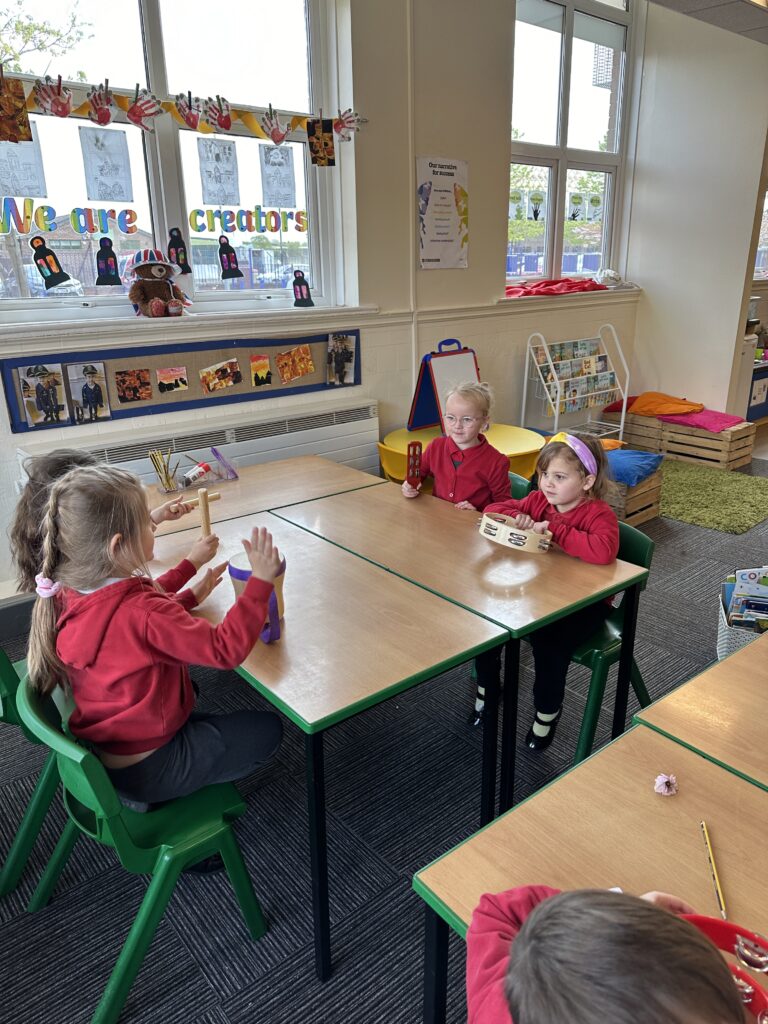
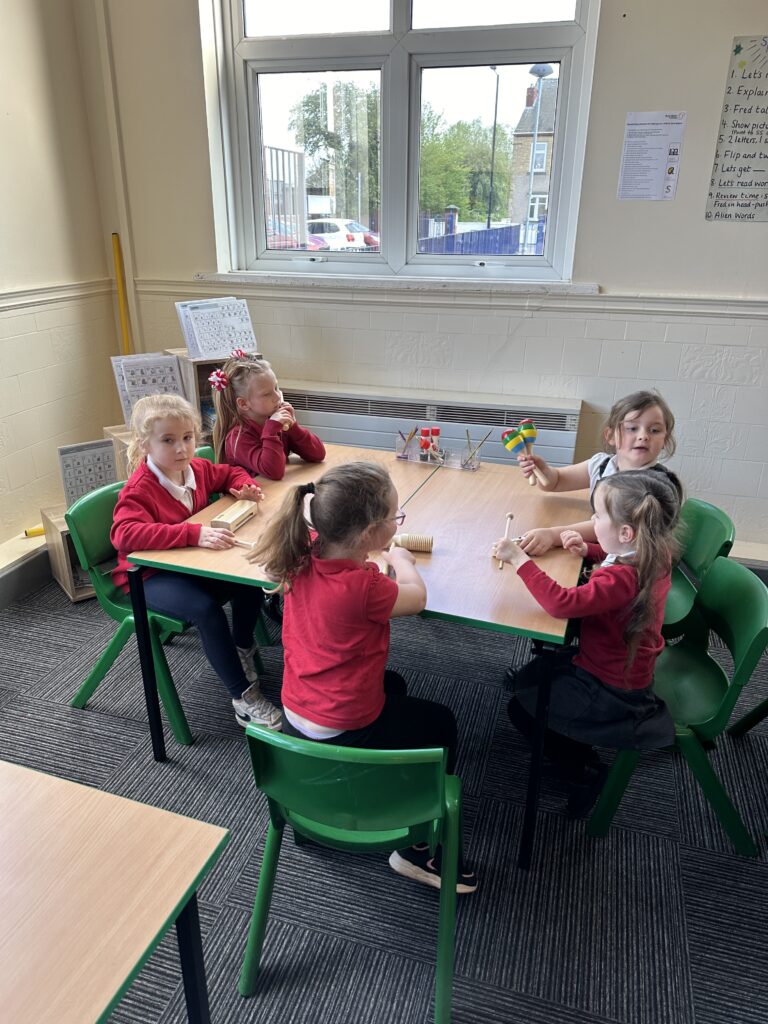
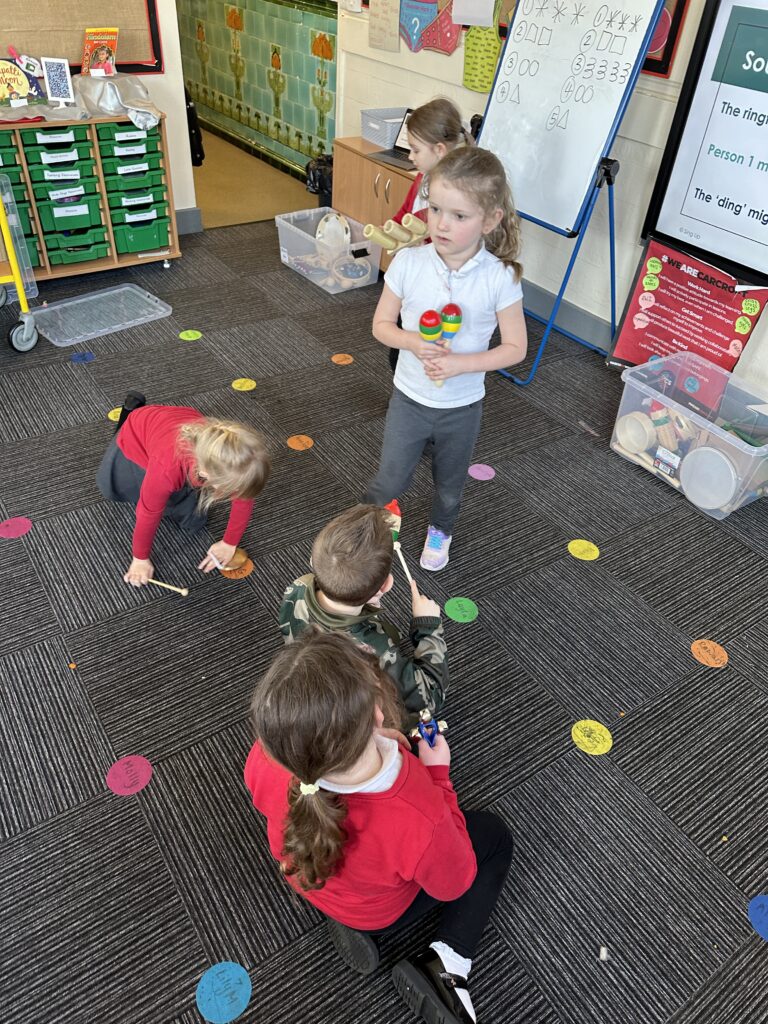
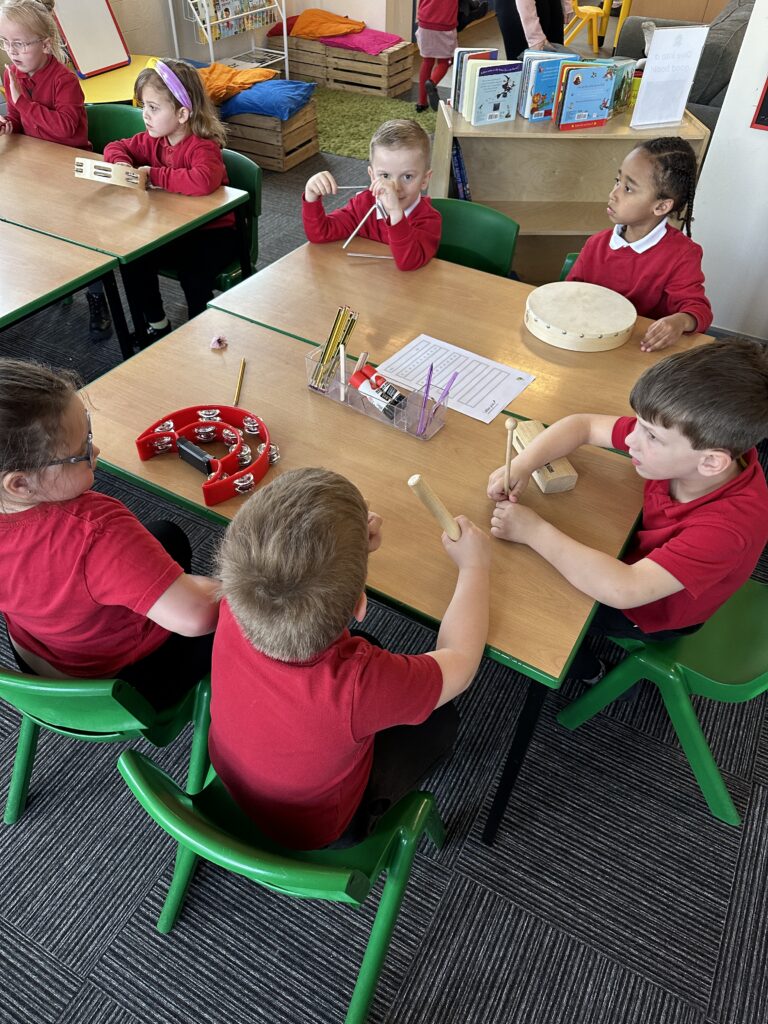
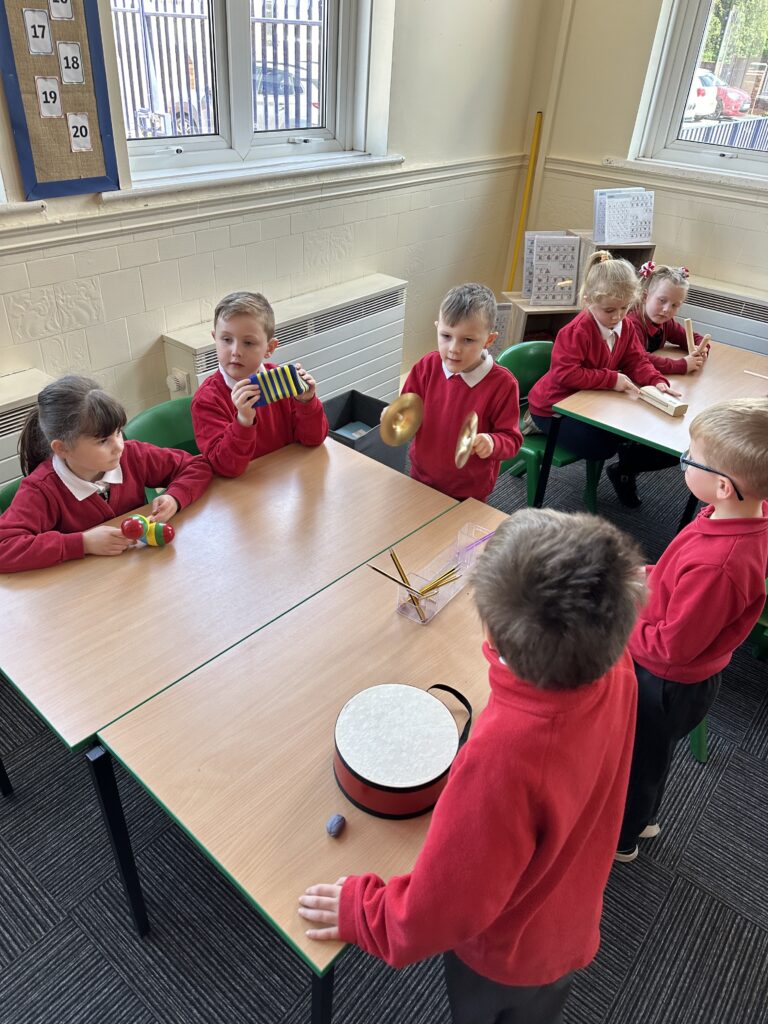
Crew Hamill and Crew Thompson – Music
We have continued our work on ‘Latin Dance’ this week by recapping information about Cuban music and how it is influenced. We then practised finding and maintaining a 2-3 clave rhythm, and a 3-2 clave rhythm using untuned percussion instruments. We then applied these rhythms to some traditional Cuban pieces of music.
We practised our piece ‘Latin Dance’, reviewing the lyrics and reminding ourselves of the structure of the piece. We noticed that there were two instrumental parts within the song and we decided to create our own Cuban rhythms to add to the existing instrumental parts.
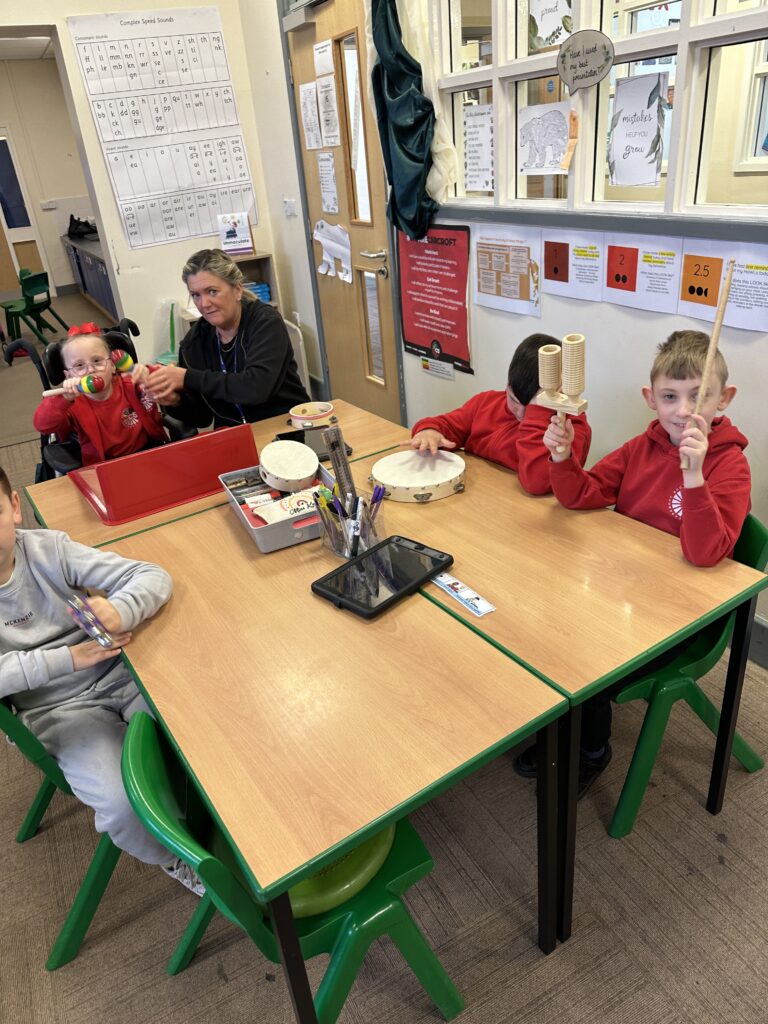
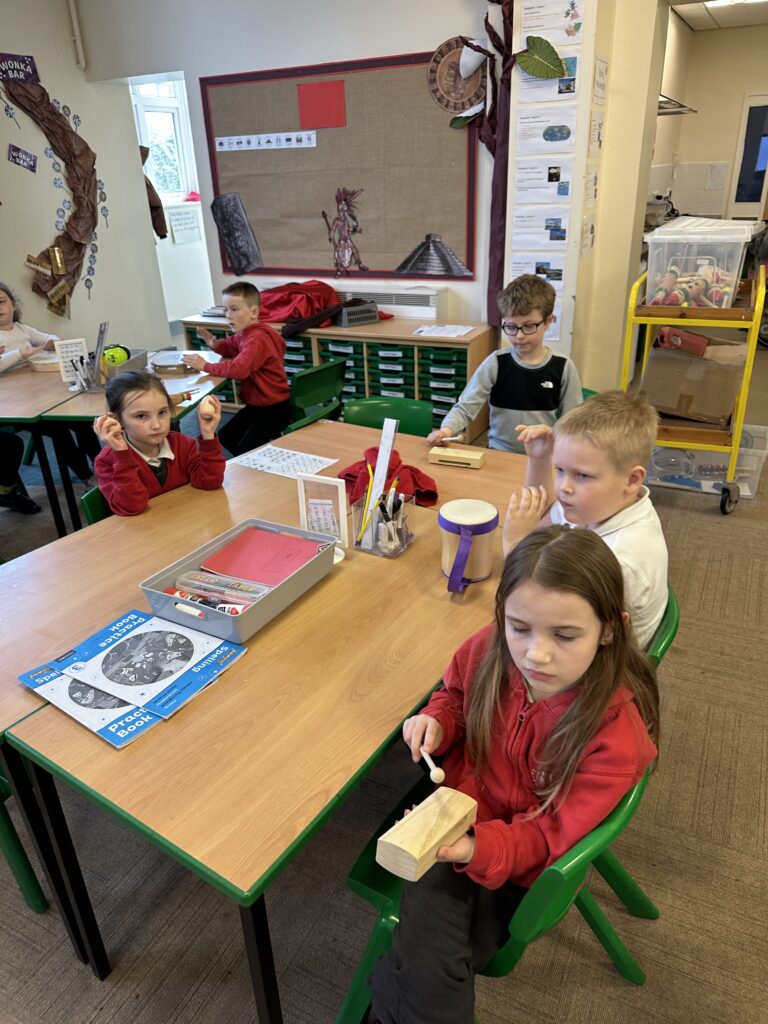
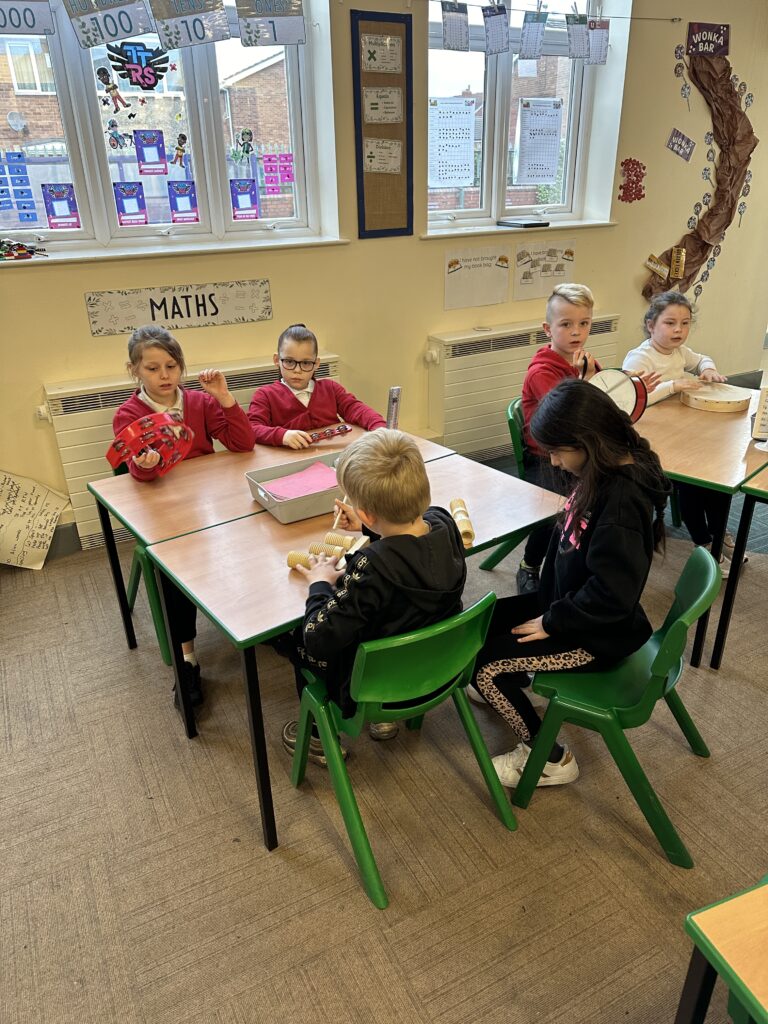
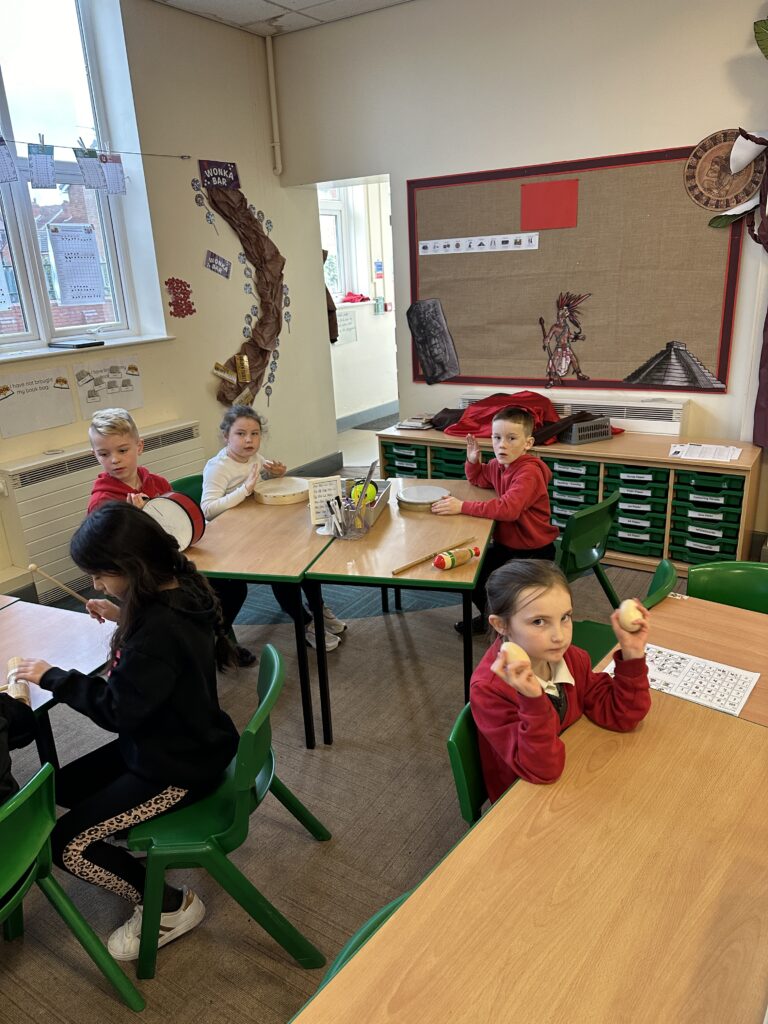
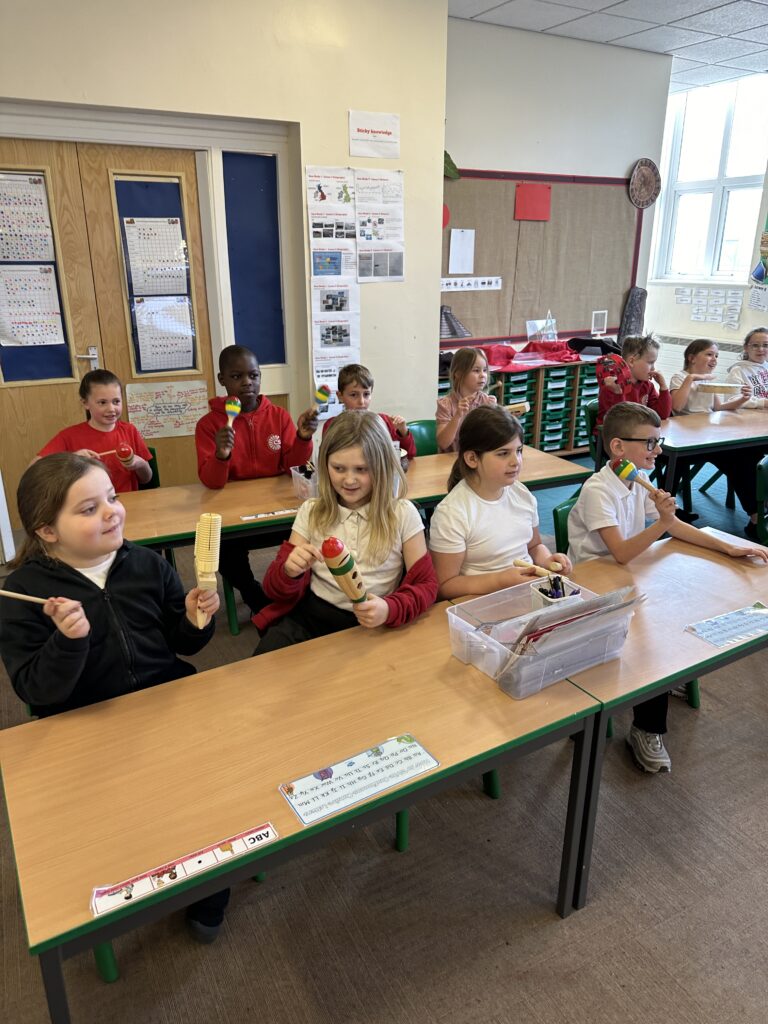
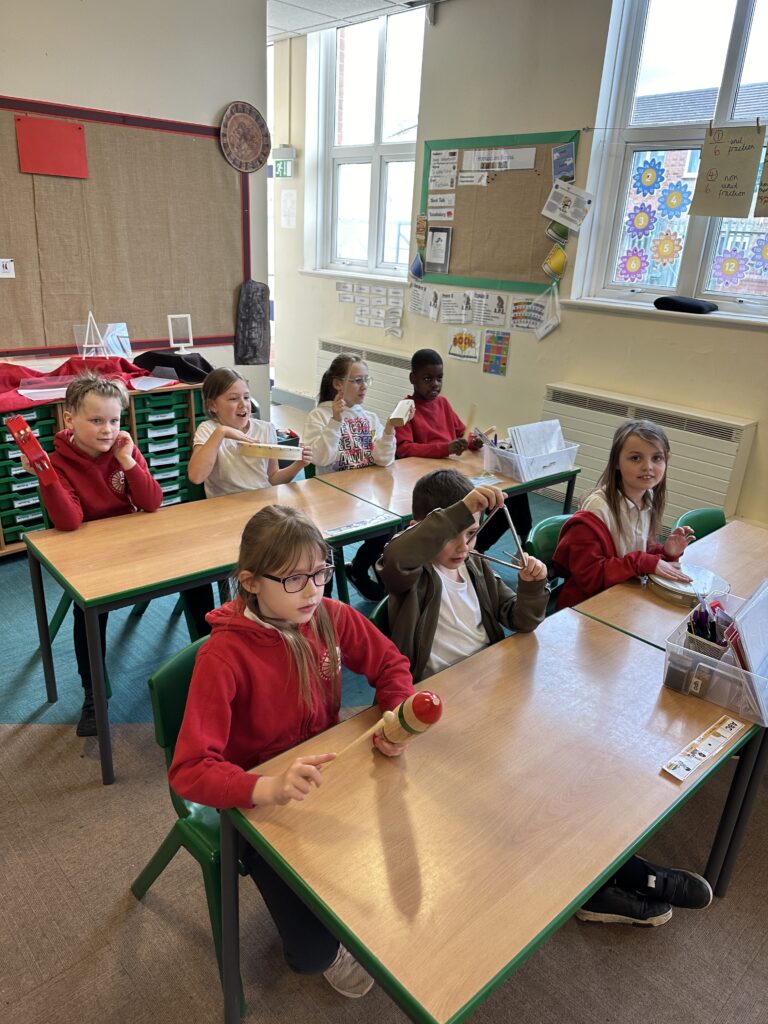
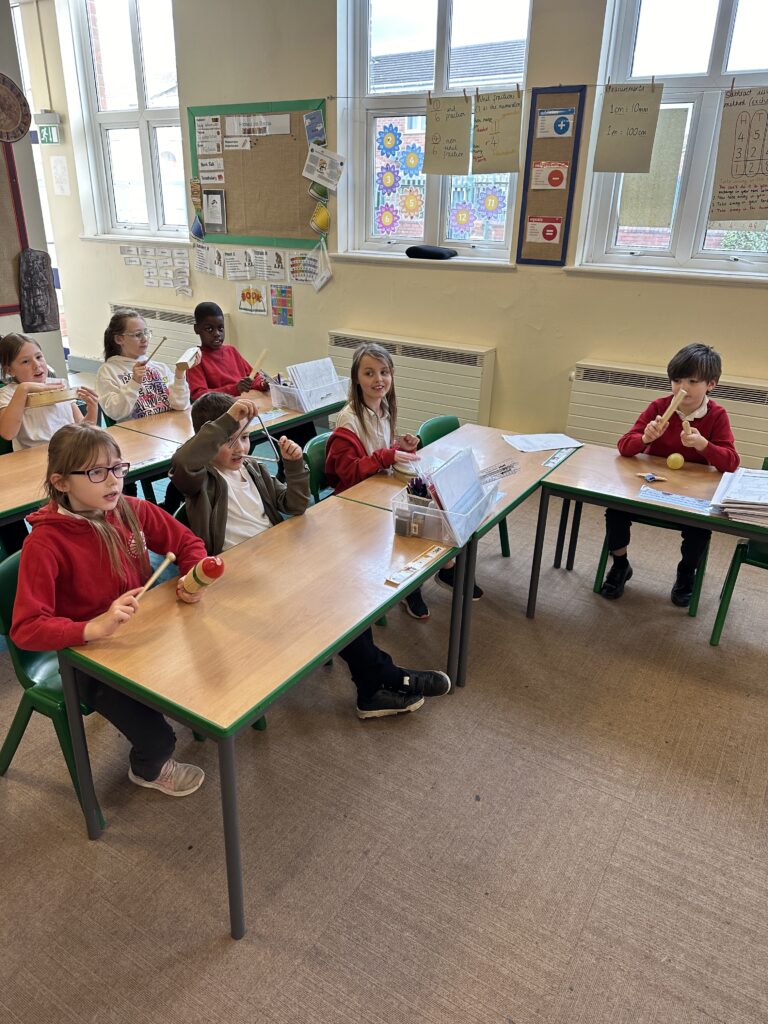
Once we were happy with our rhythms, we practised the song as a whole, making sure that we were following our conductor to make sure we kept in time with each other and the backing track.
First aid course
Today, we had a very exciting start to the term with a first aid course. We learnt about how to give CPR, check for dangers, call the emergency services, how to use a defibrillator and an epi-pen. We then discussed in detail about what we had learnt. Here are some pictures of us in action.
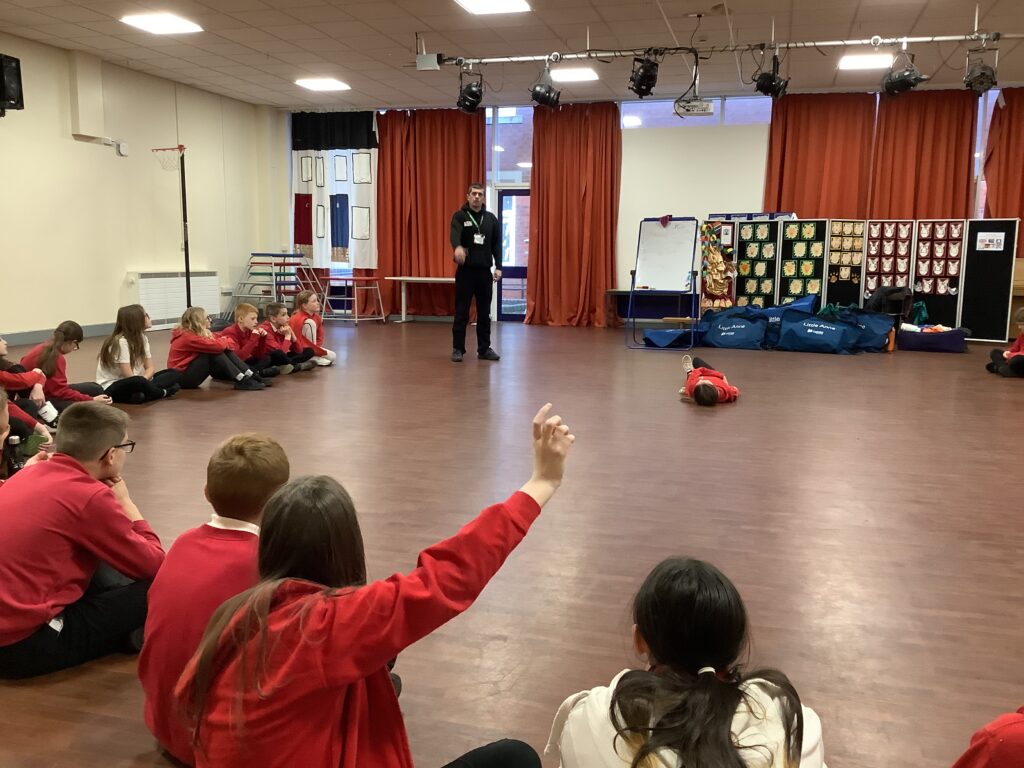
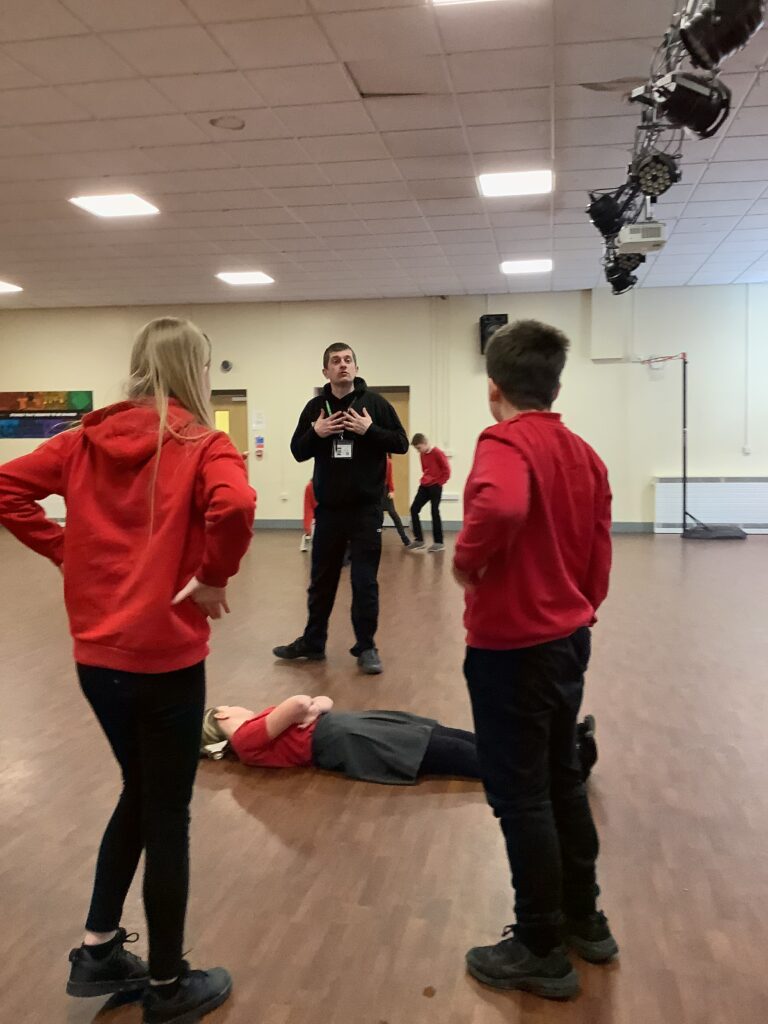
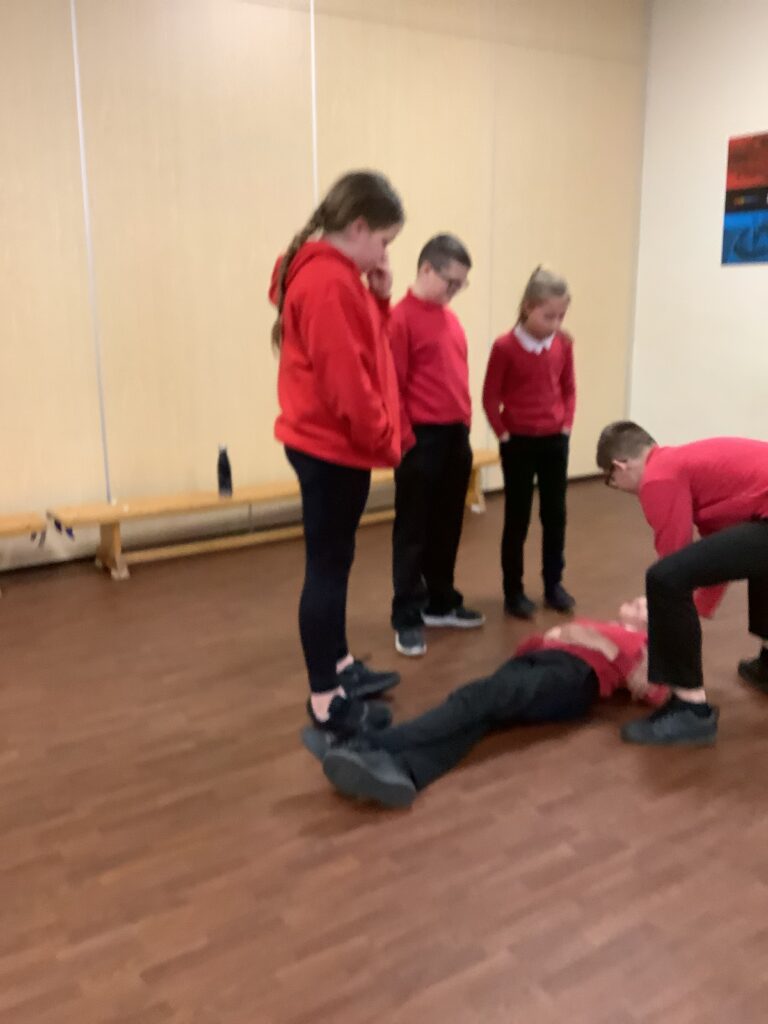
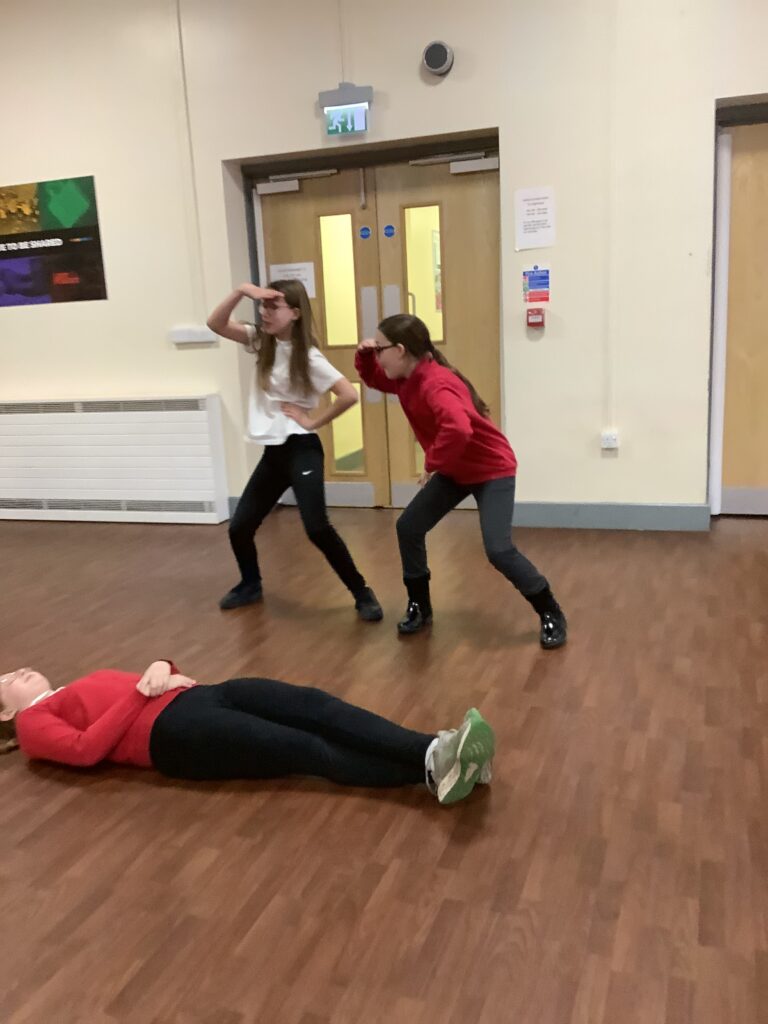
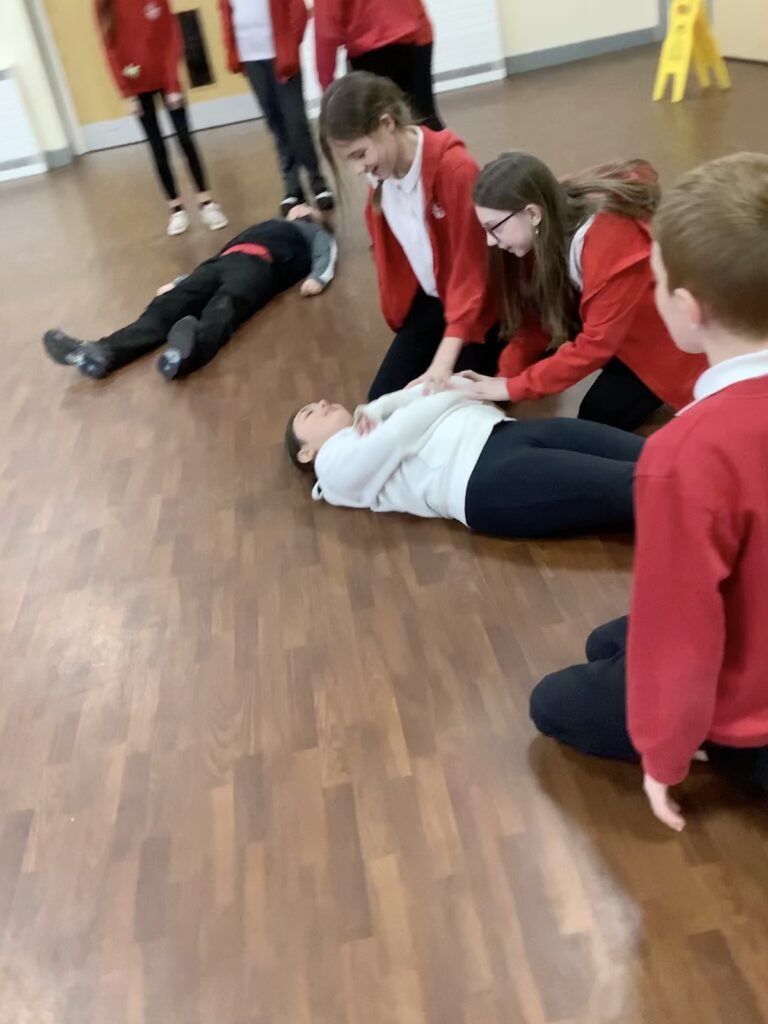
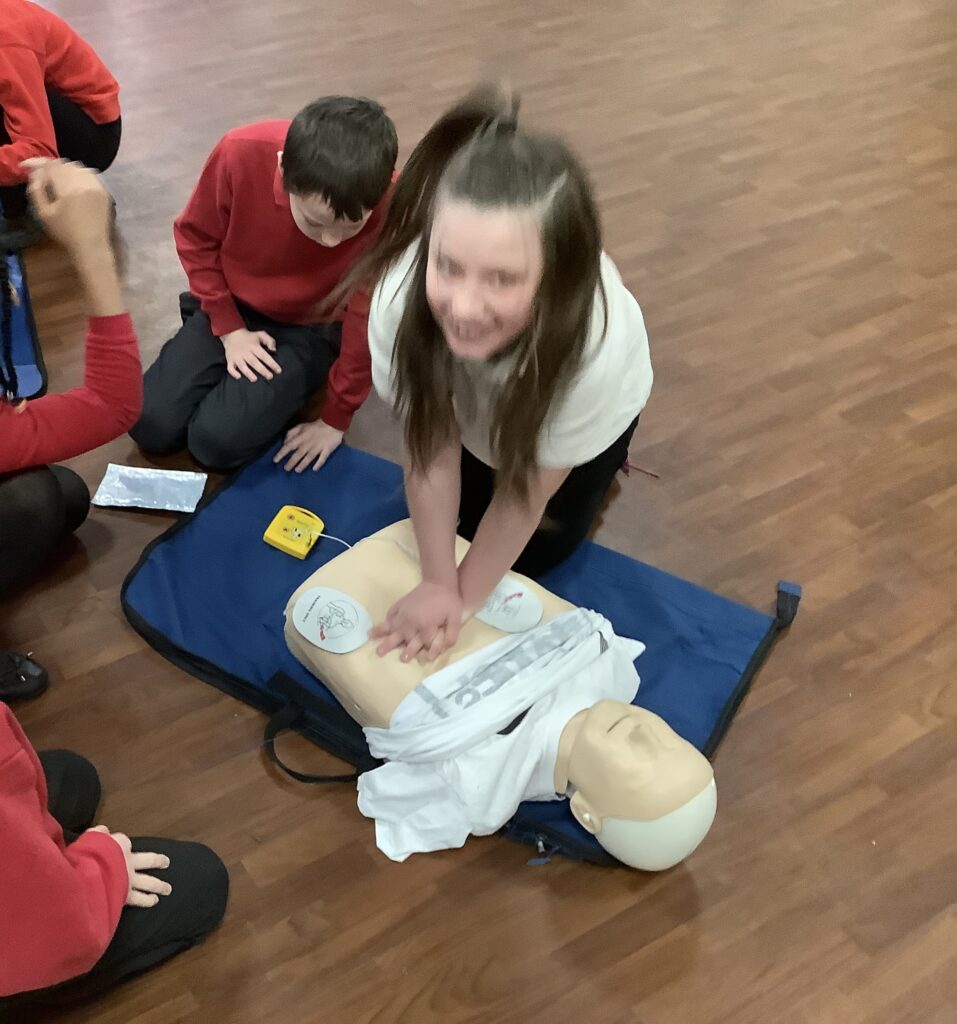
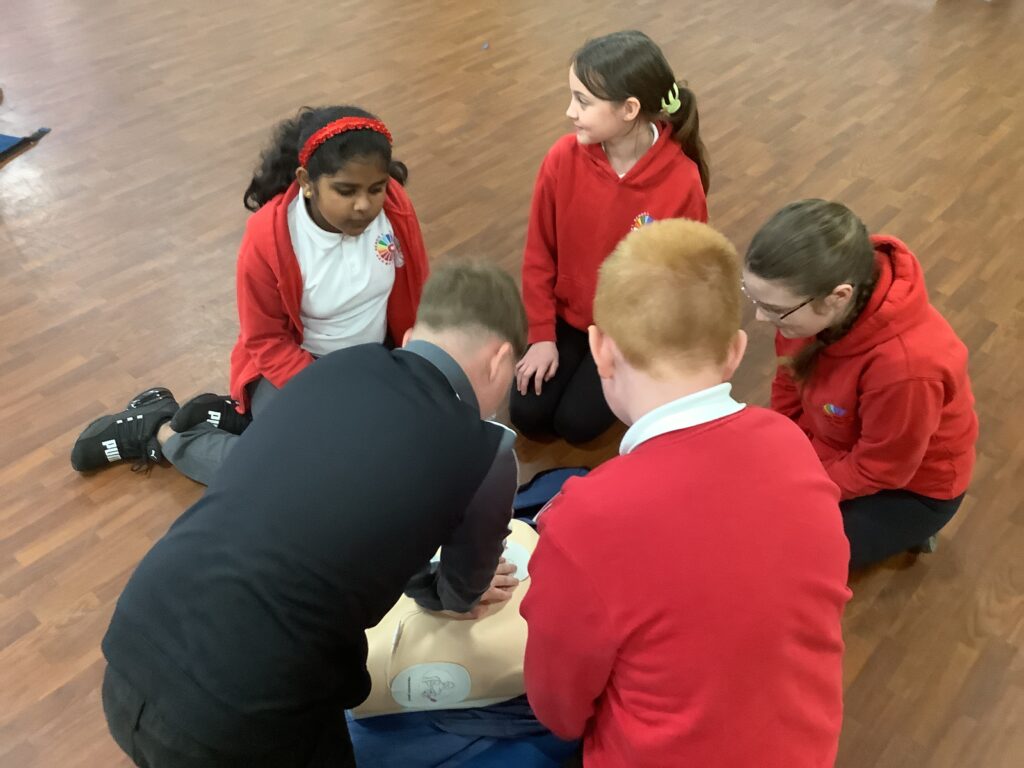
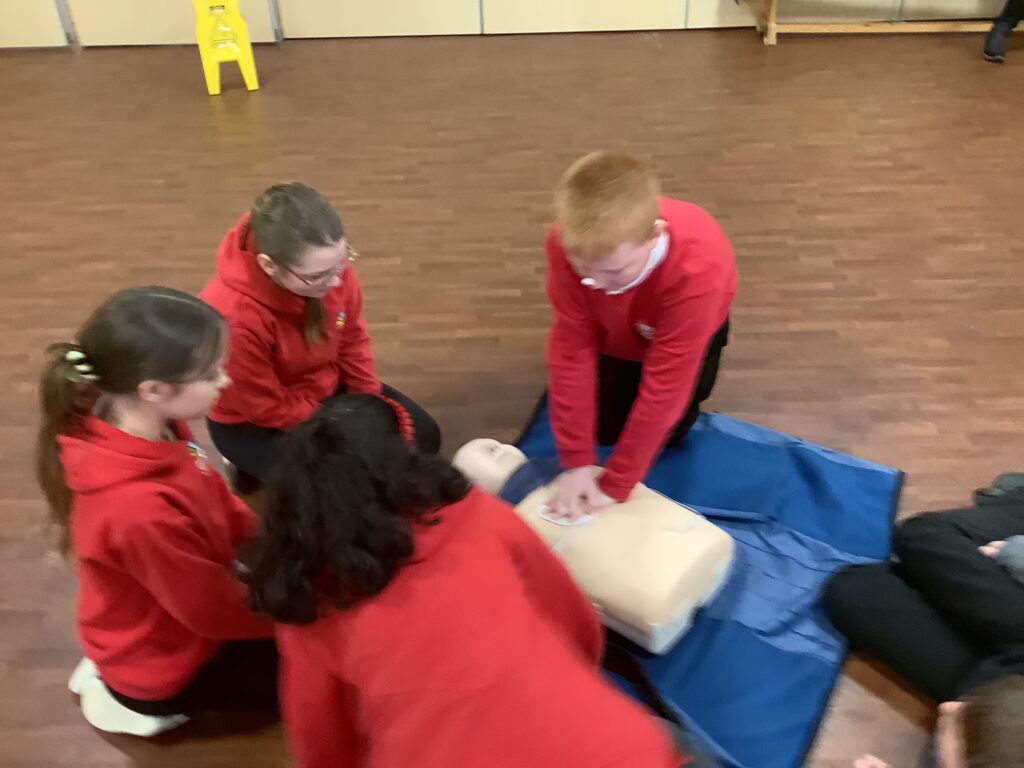
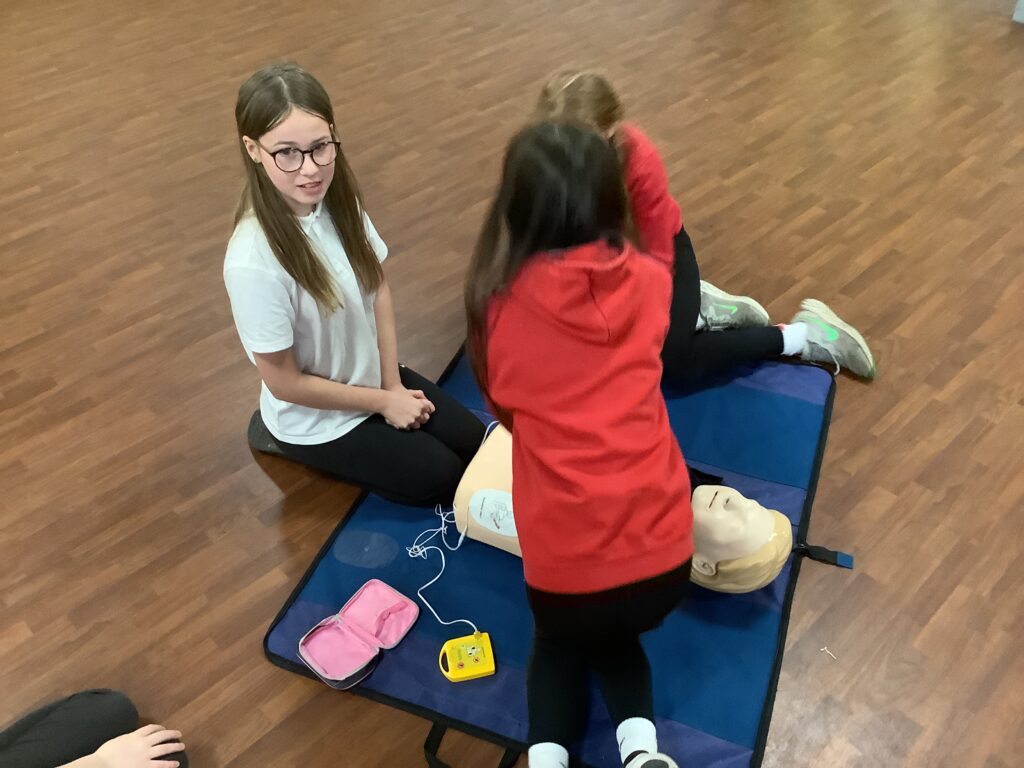
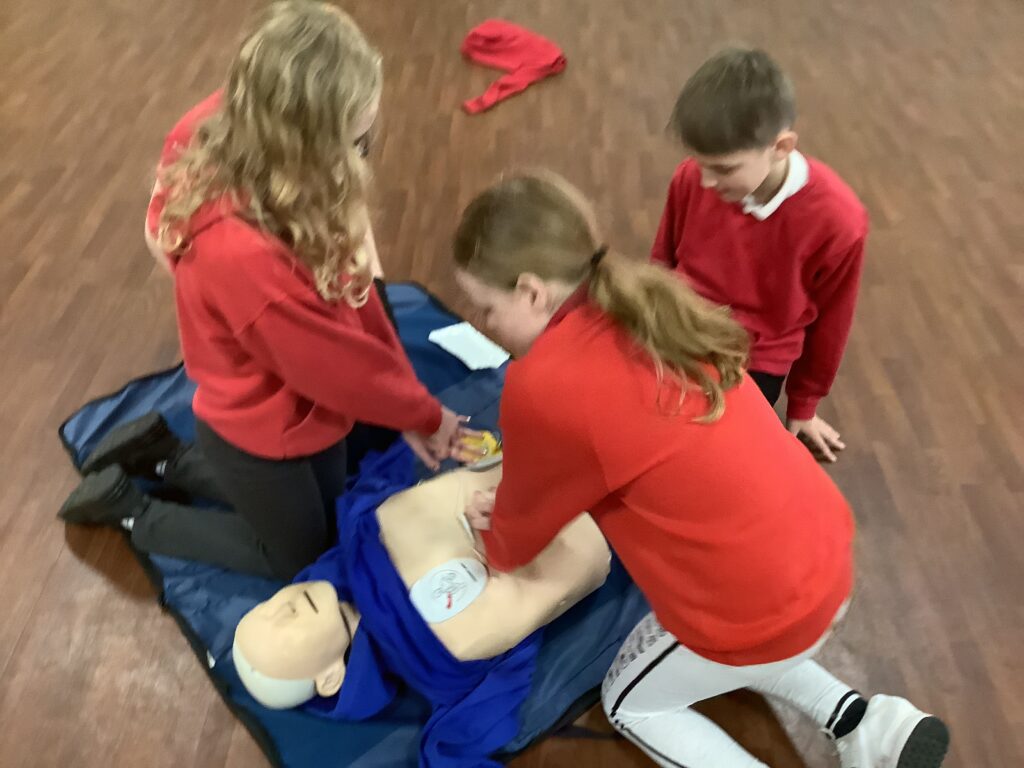
First Aid…
Today, we had a very exciting start to the term and kicked off hook week with a first aid course. We learnt about how to give CPR, check for dangers, call the emergency services, how to use a defibrillator and an epi-pen. We then talked in detail about what we had learnt and made suggestions for what we thought our guiding question for this next expedition would be.
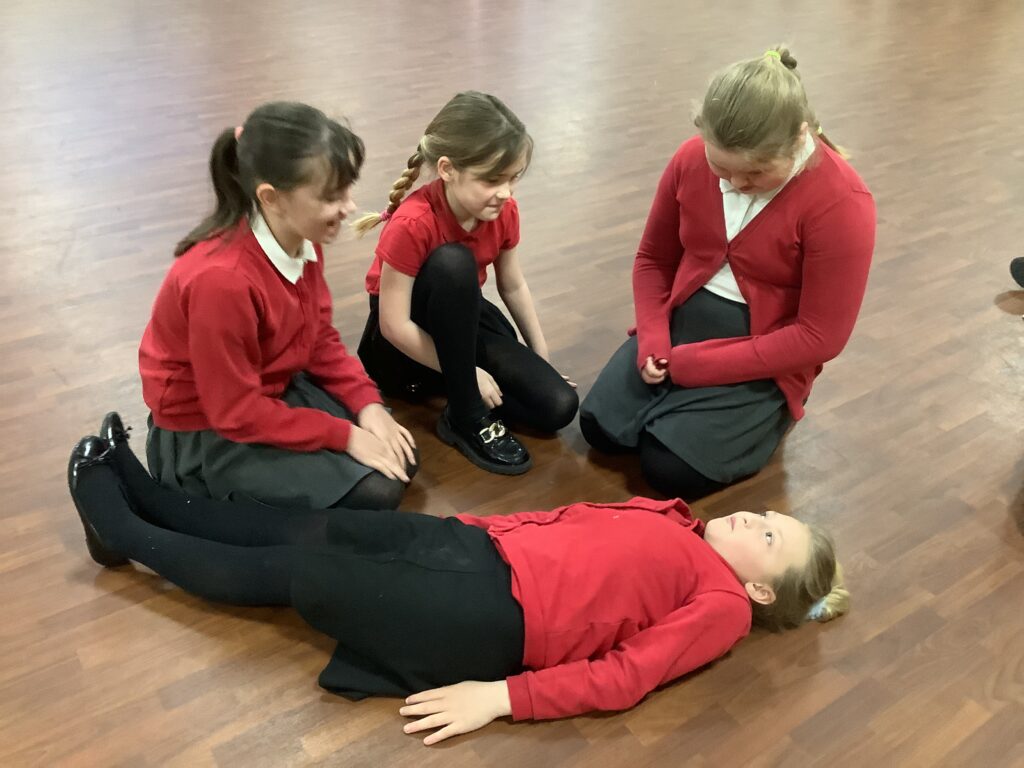
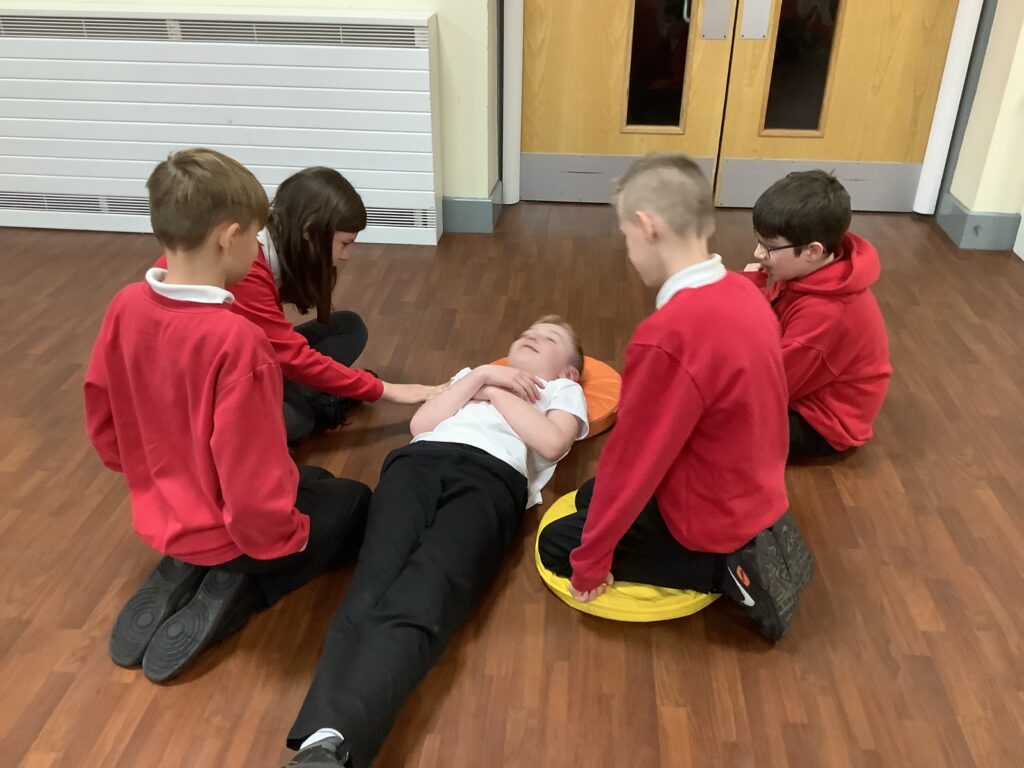
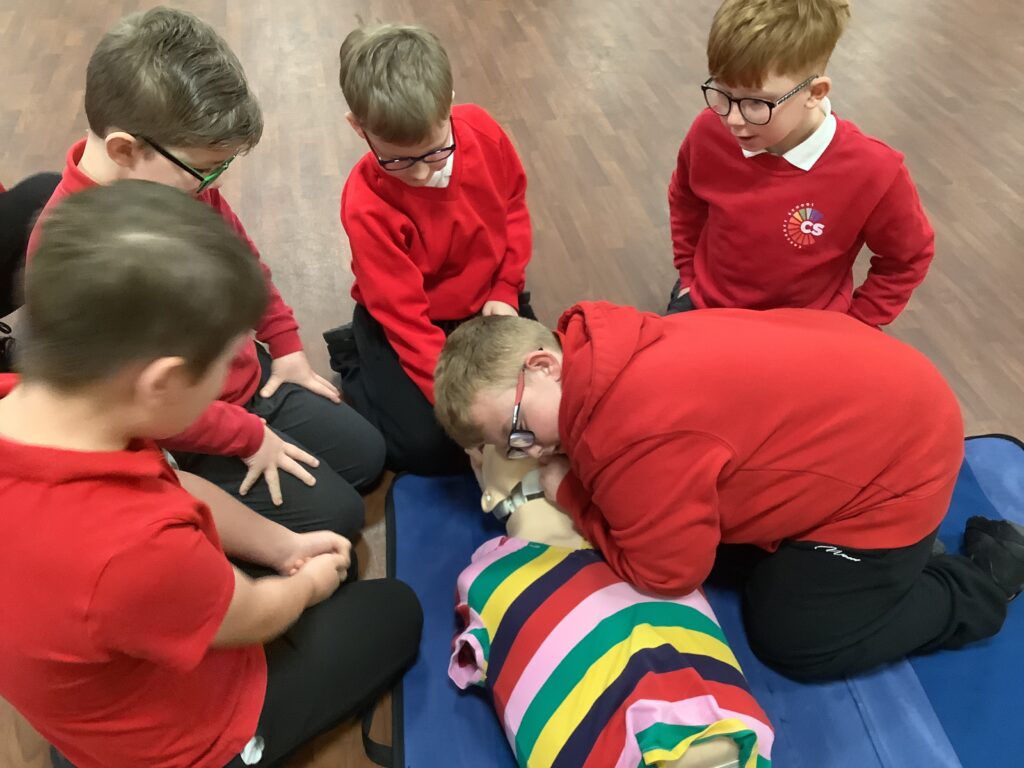
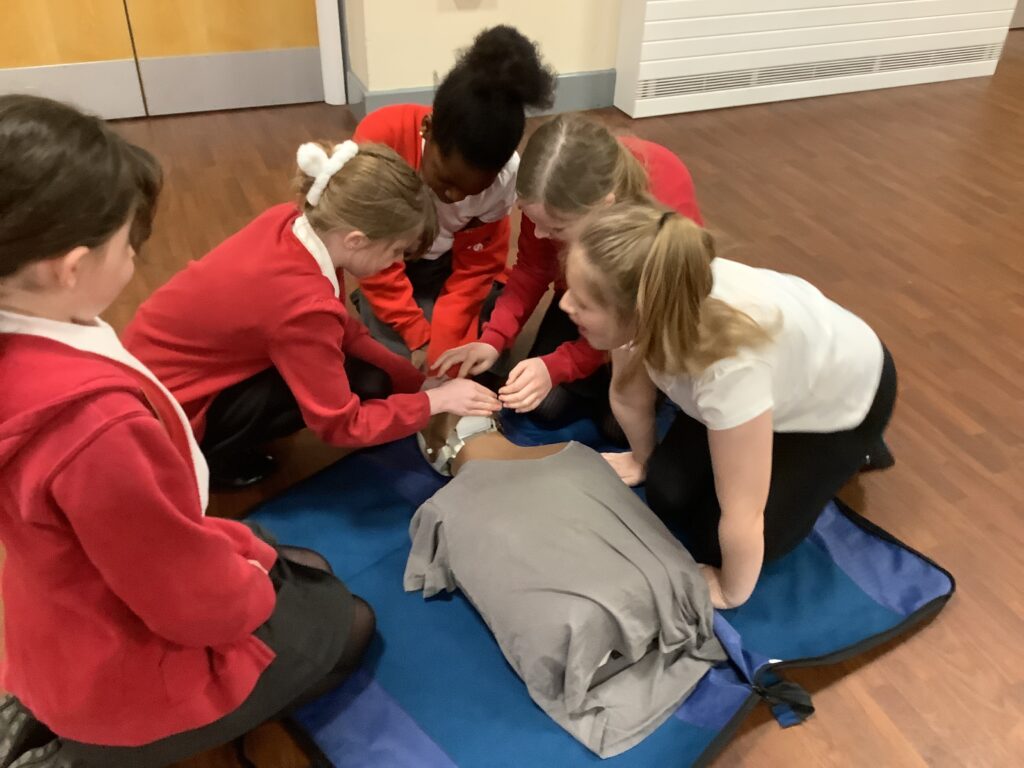
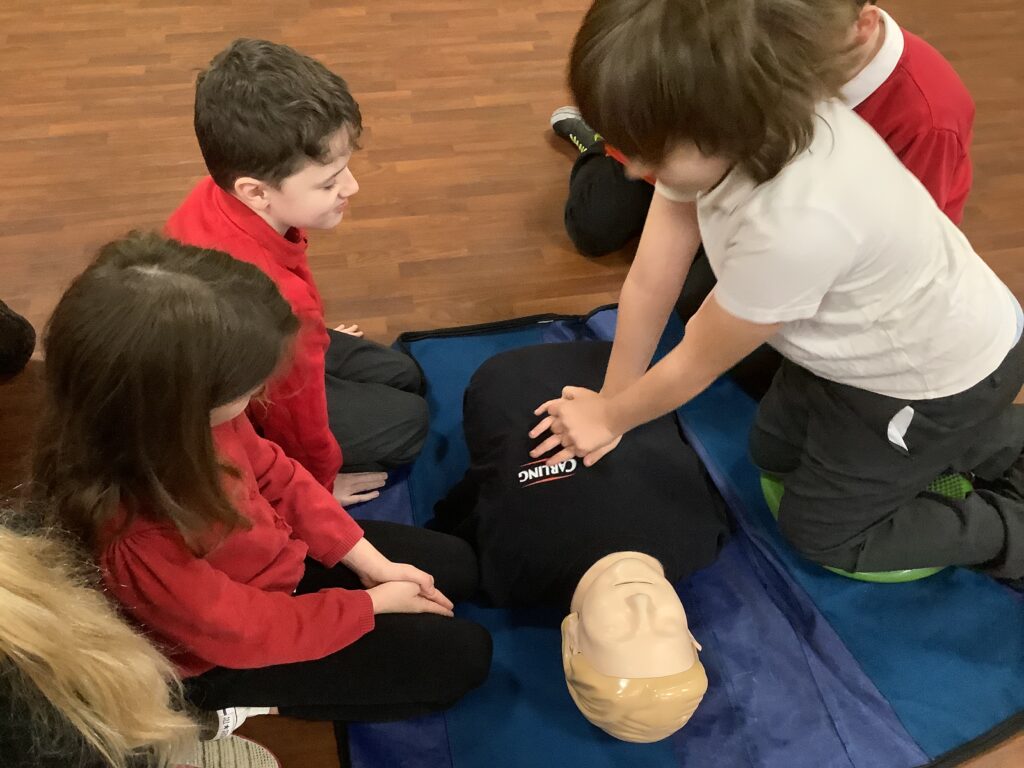
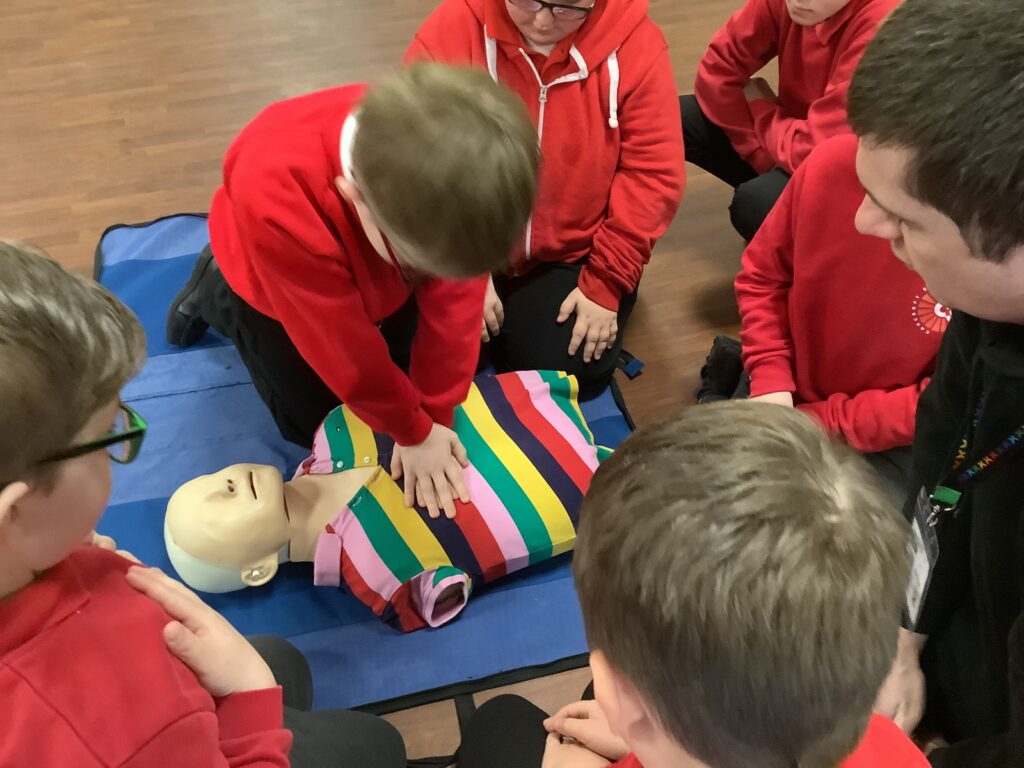
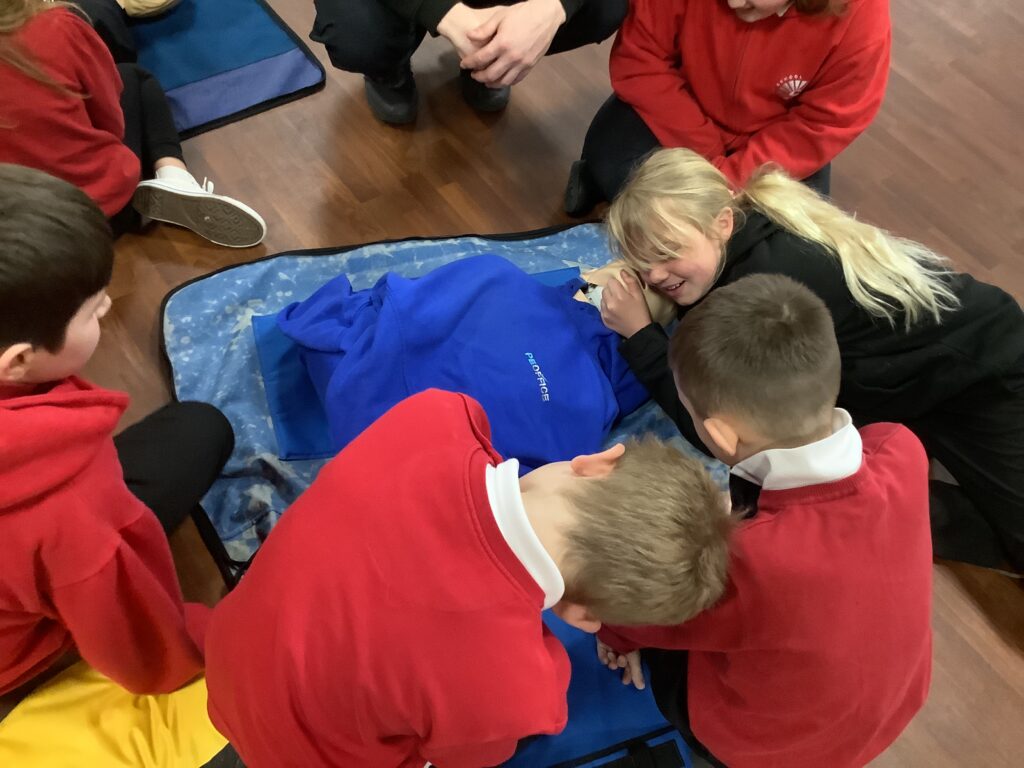
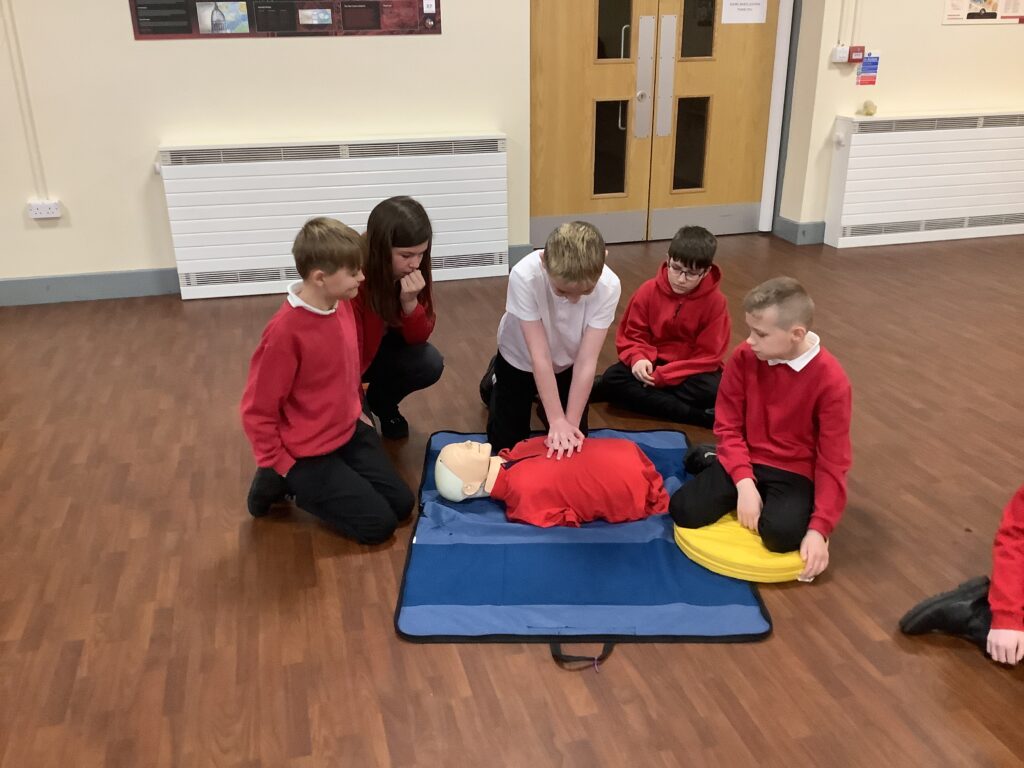
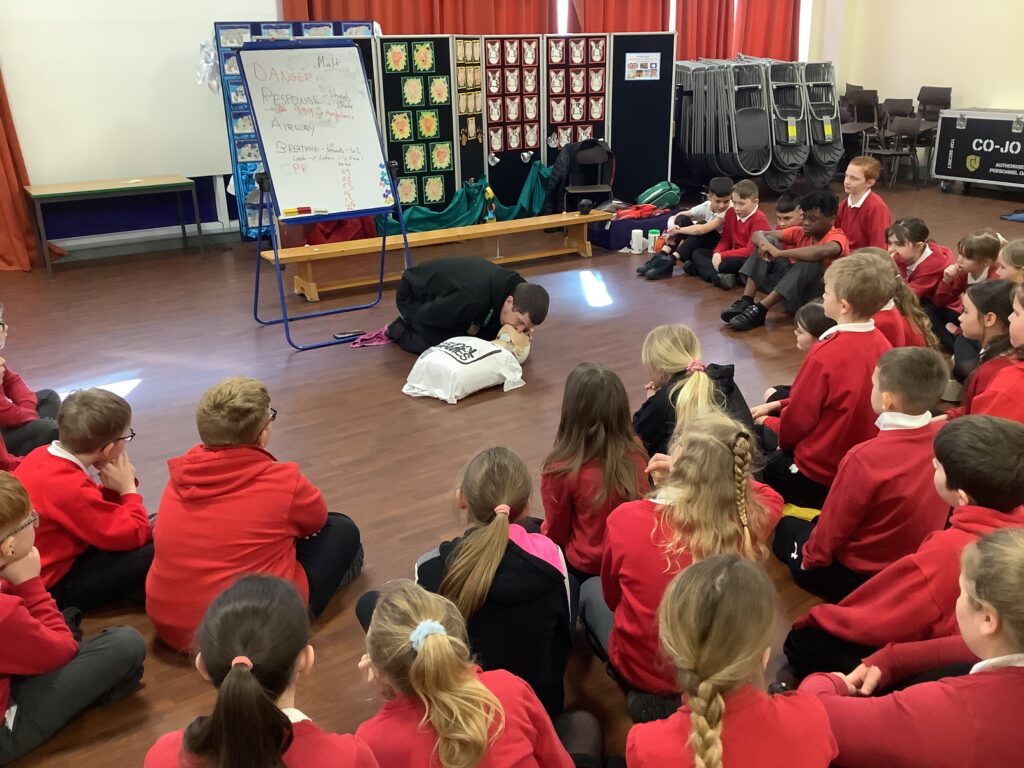
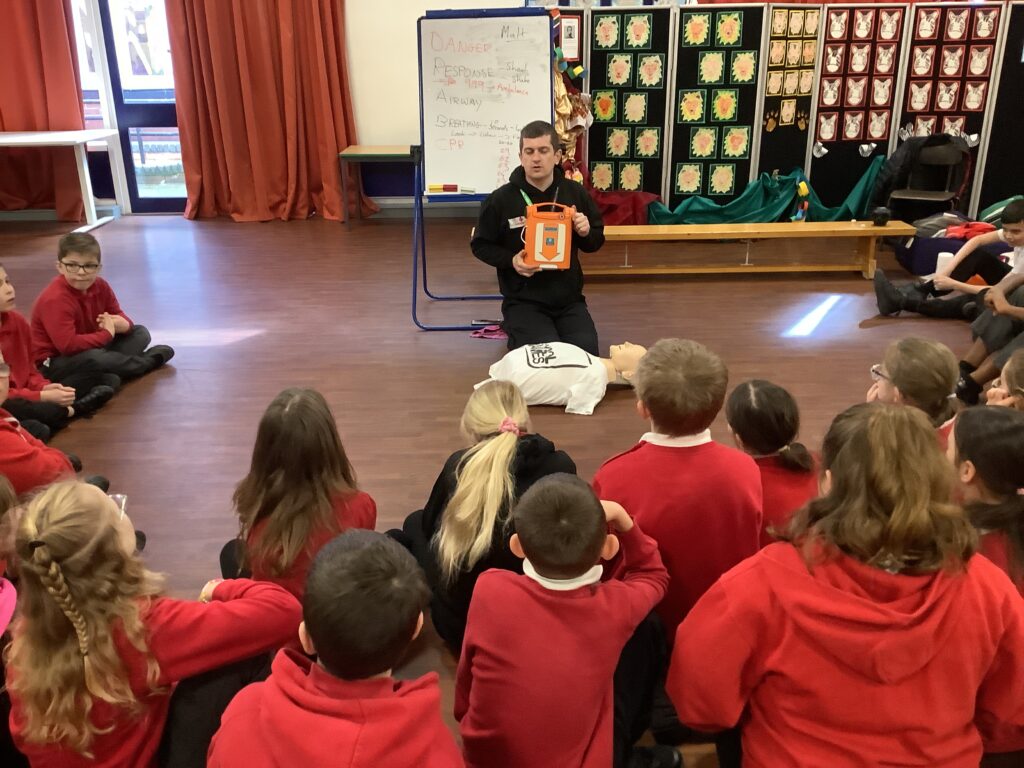
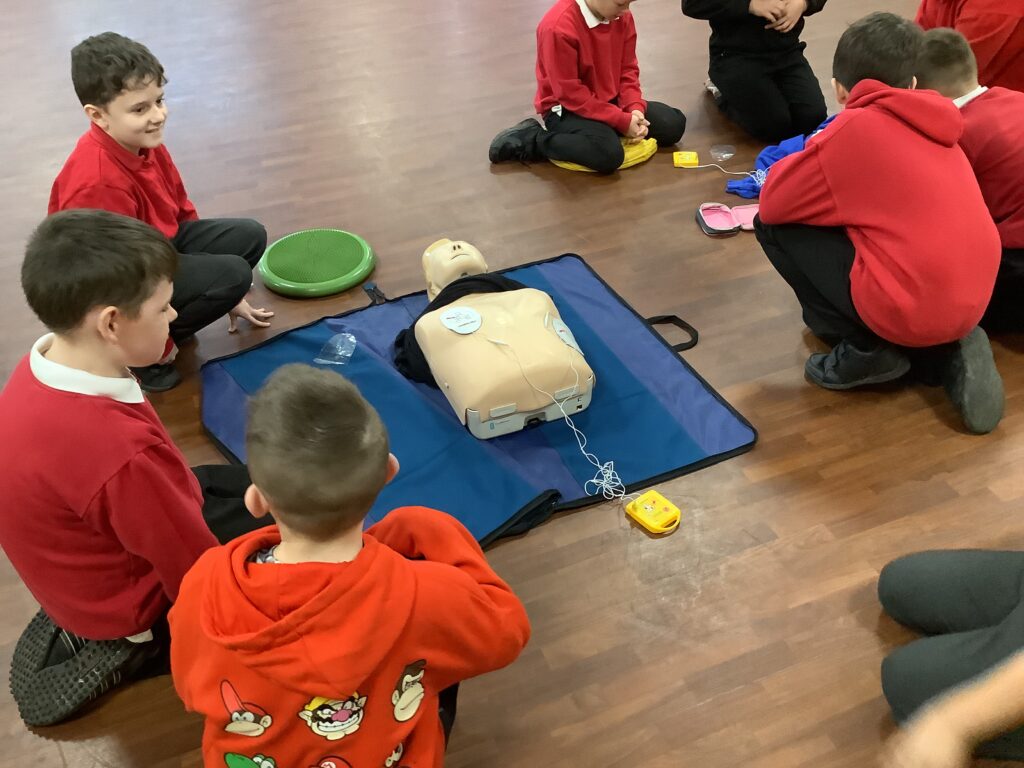
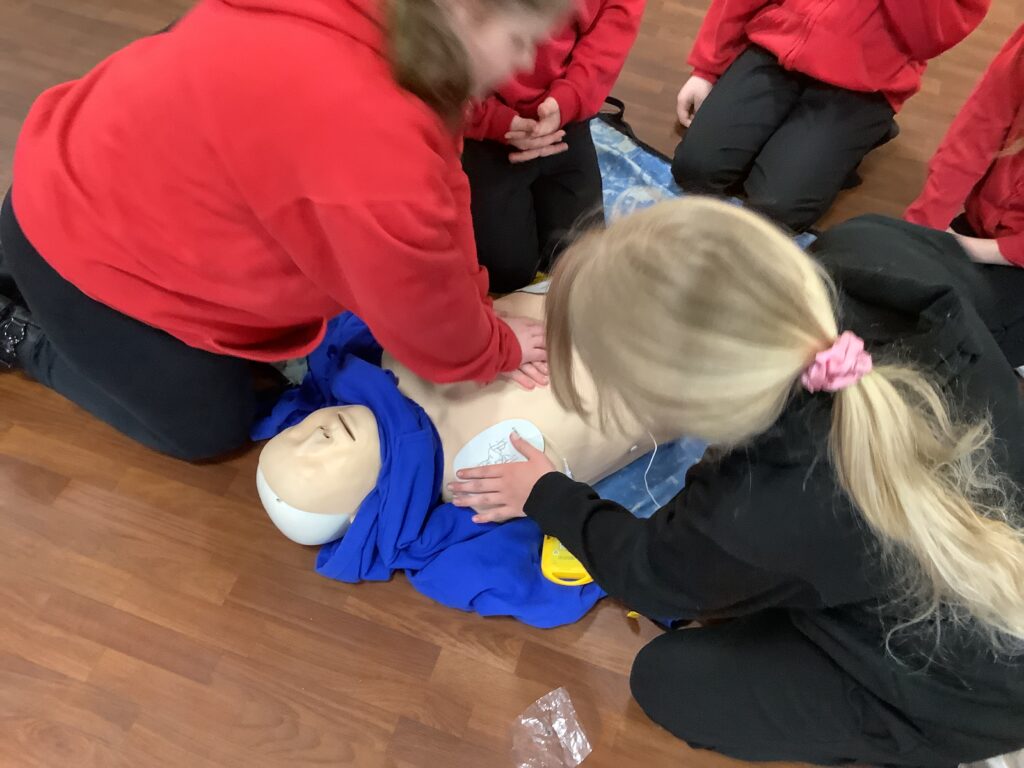
Crew Shields – French
We have been looking at months of the year in French. We began by trying to find the matching pair to the word cards on our tables using a silent conversation protocol. One person had the English word and the other person had the French translation for months of the year. We discussed how we knew we had found the correct pair and we used our existing knowledge as well as identifying cognates for some of the months.
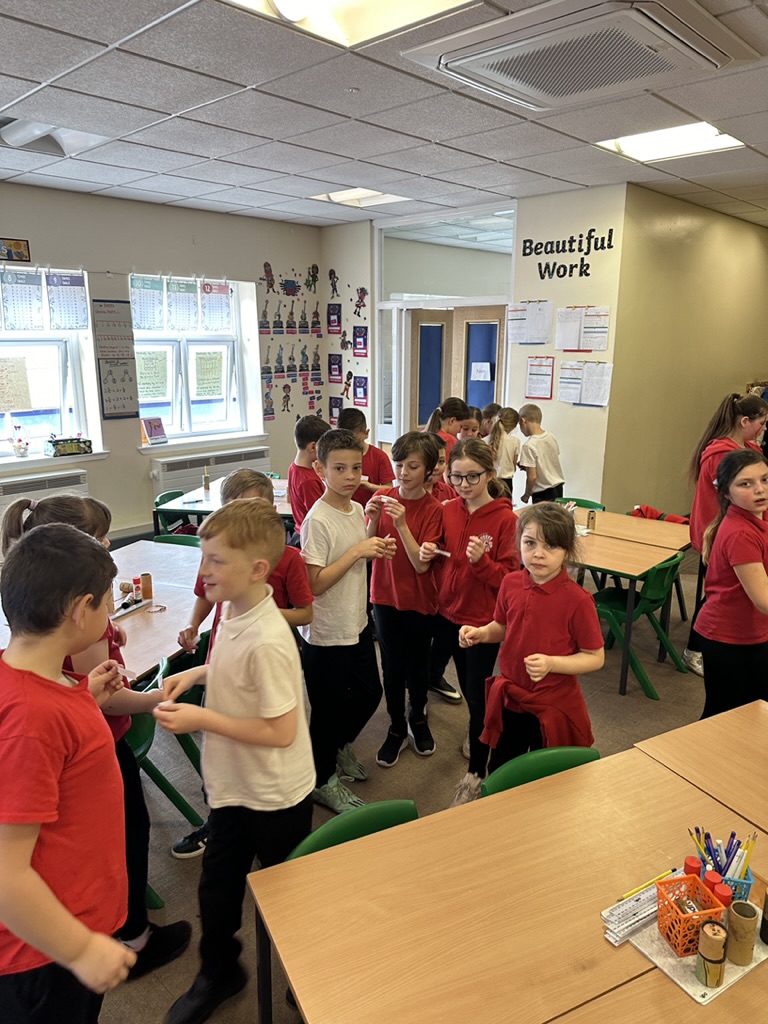

We watched a video and listened carefully to each of the months in French. If we heard our birthday month we had to stand up.
We then used the iPads to research various different important events that happen in France. We had to find out the month that the events usually happen and write this down using the French spelling. Just like days of the week, French months do not need capital letters at the beginning.
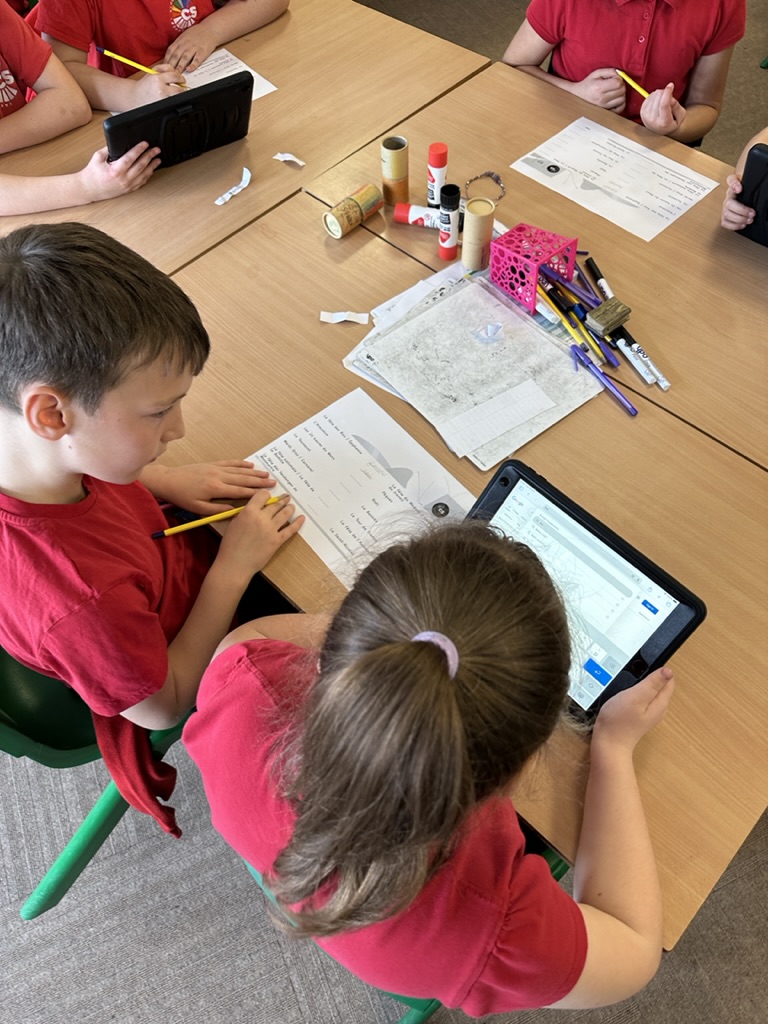
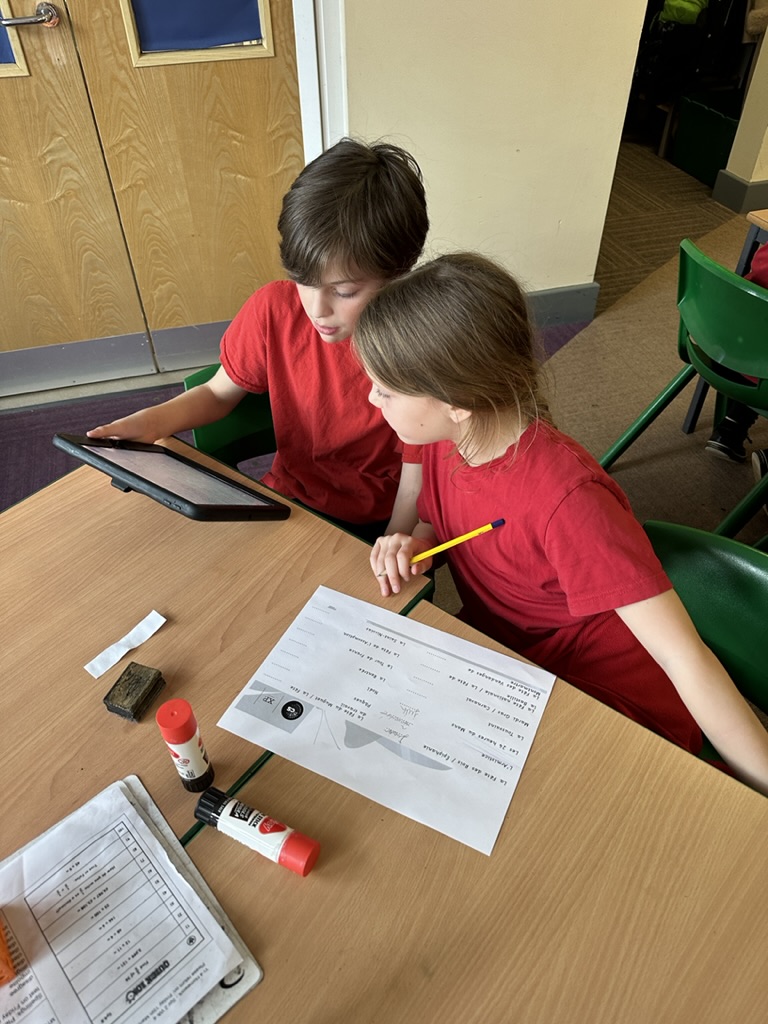
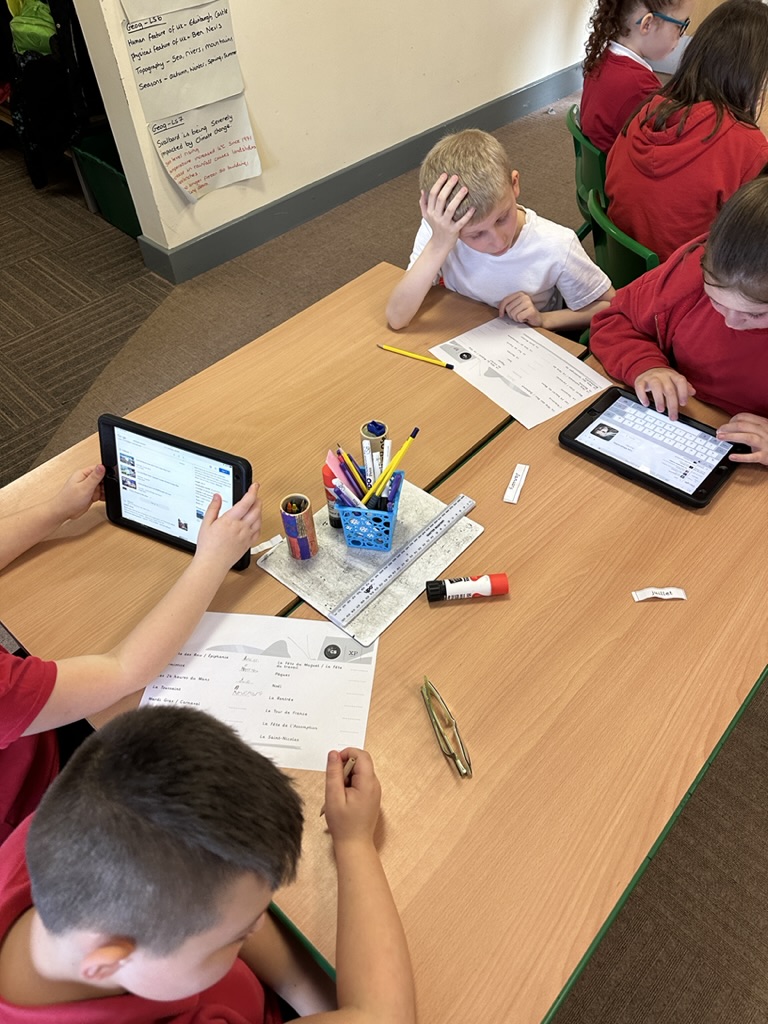
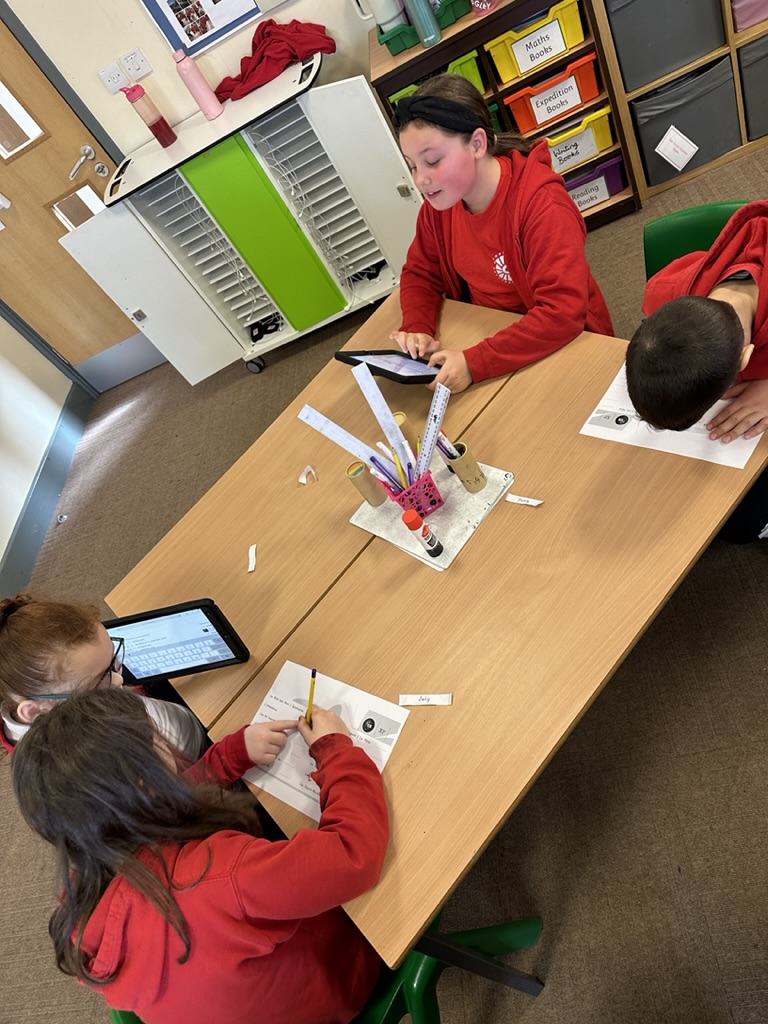
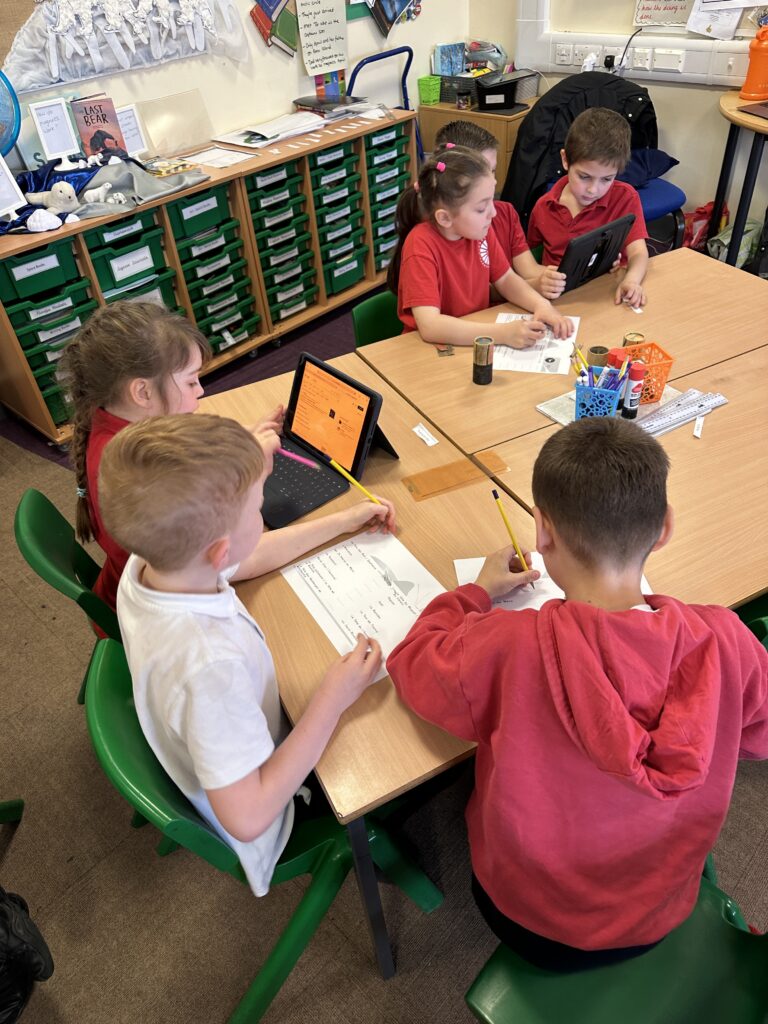
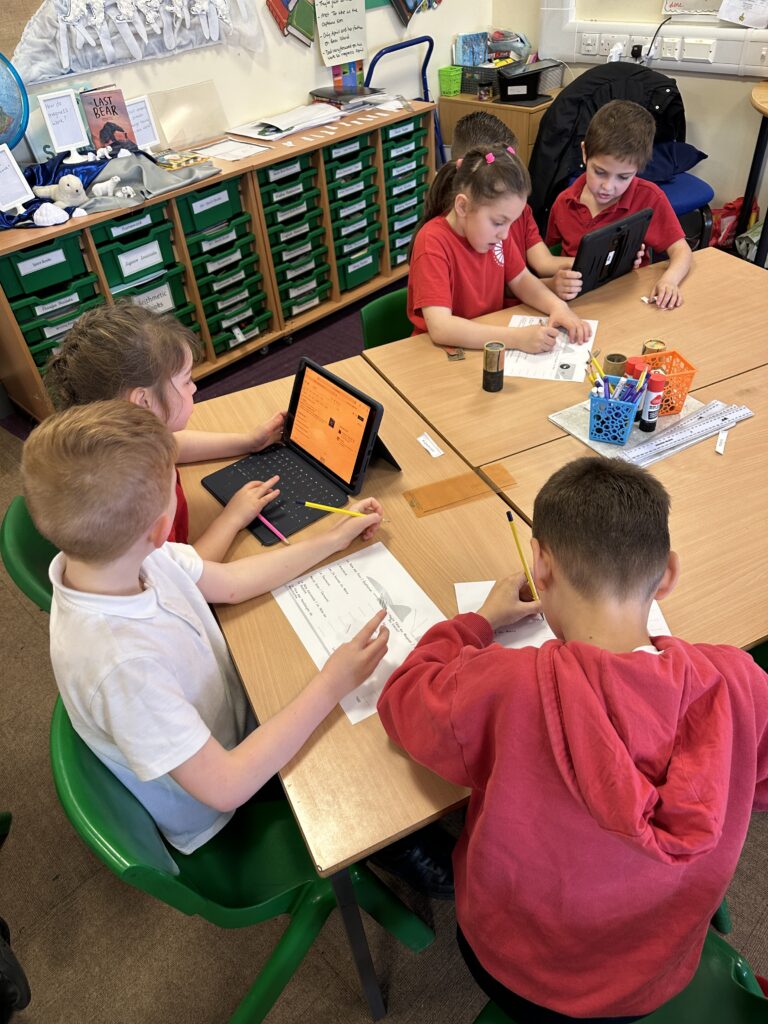
We finished off by learning how to ask and answer ‘when is your birthday?’ in French. We discussed with our partners and then shared the information we had found with the rest of the crew and confirmed whether this information was correct.
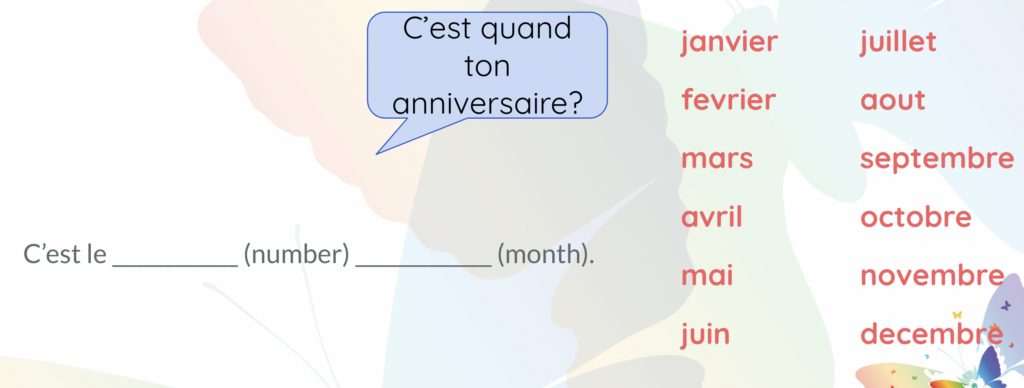
Crew Shields – French
During this lesson, we investigated French days of the week. We looked at the written days of the week and tried to identify which day was which based on any clues we could get from the spelling. We found some slight similarities in terms of some spelling, initial letters and pronunciation when they were said out loud to us.
We noticed that, unlike in English, the days of the week are not given capital letters in French. So that we could practise pronunciation and order, we listened to and began to learn a days of the week song set to a familiar tune ‘Camptown Races’.

We finished by looking at the French translations for yesterday, today and tomorrow. We practised our pronunciation by using sentence stems to create conversations in pairs.
